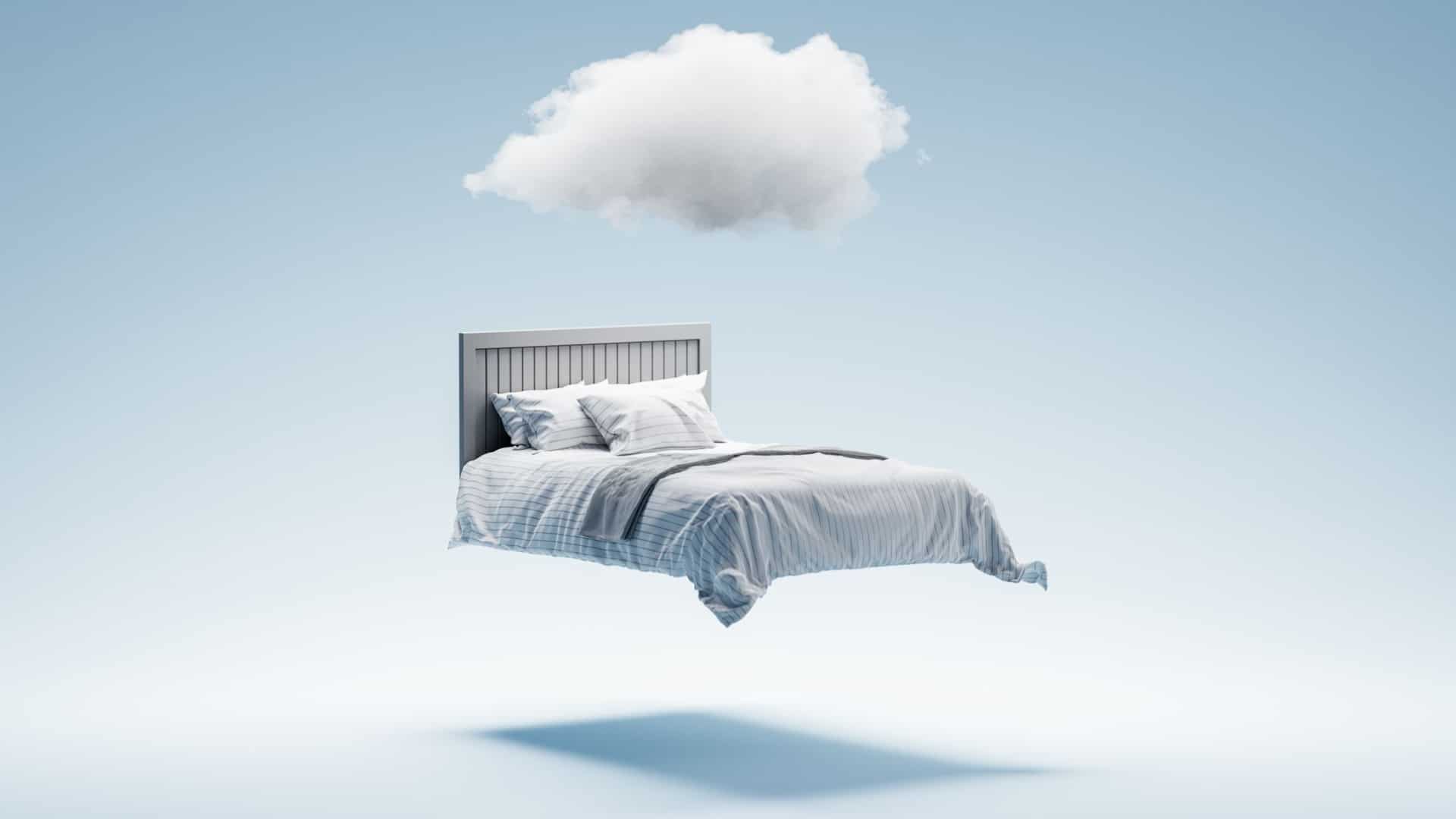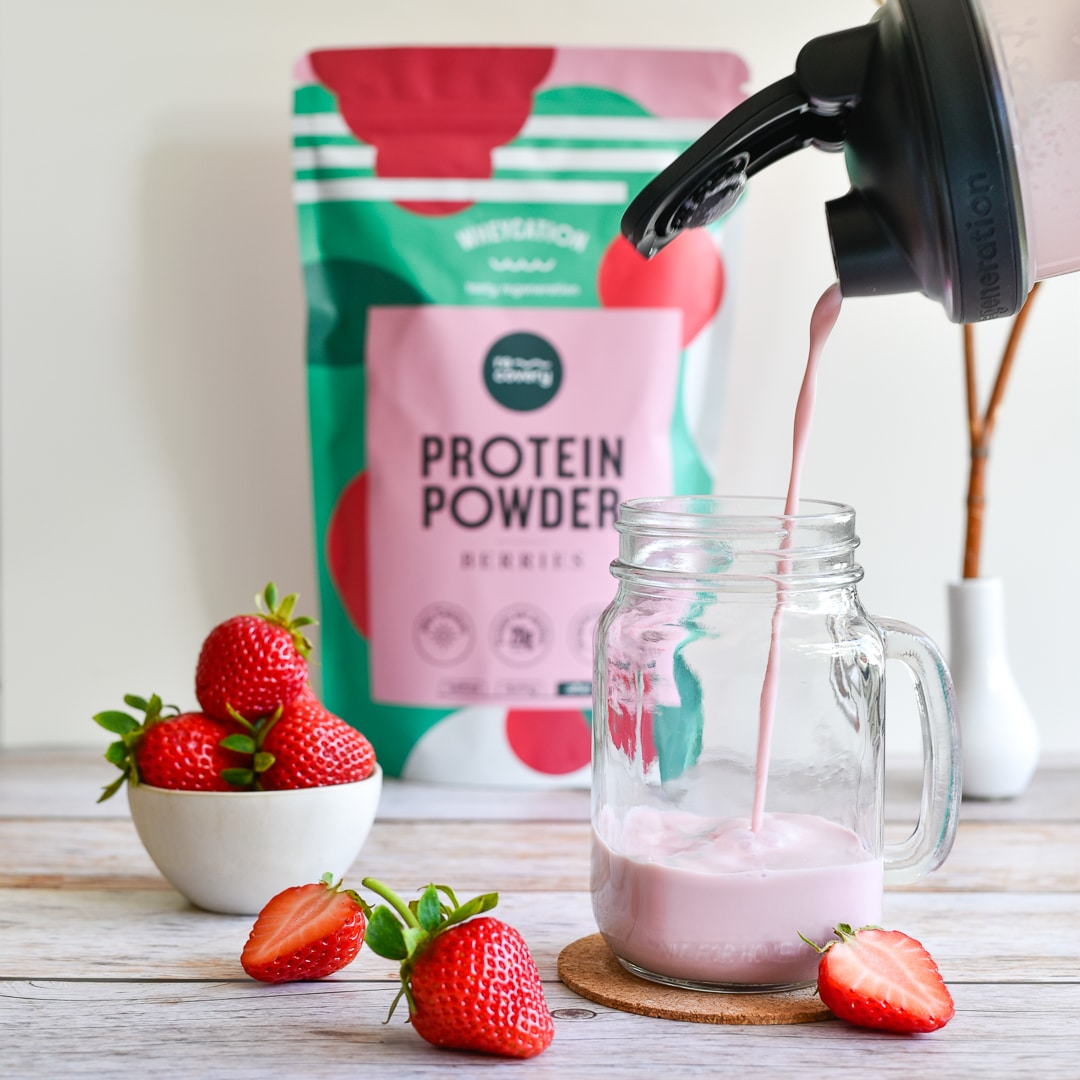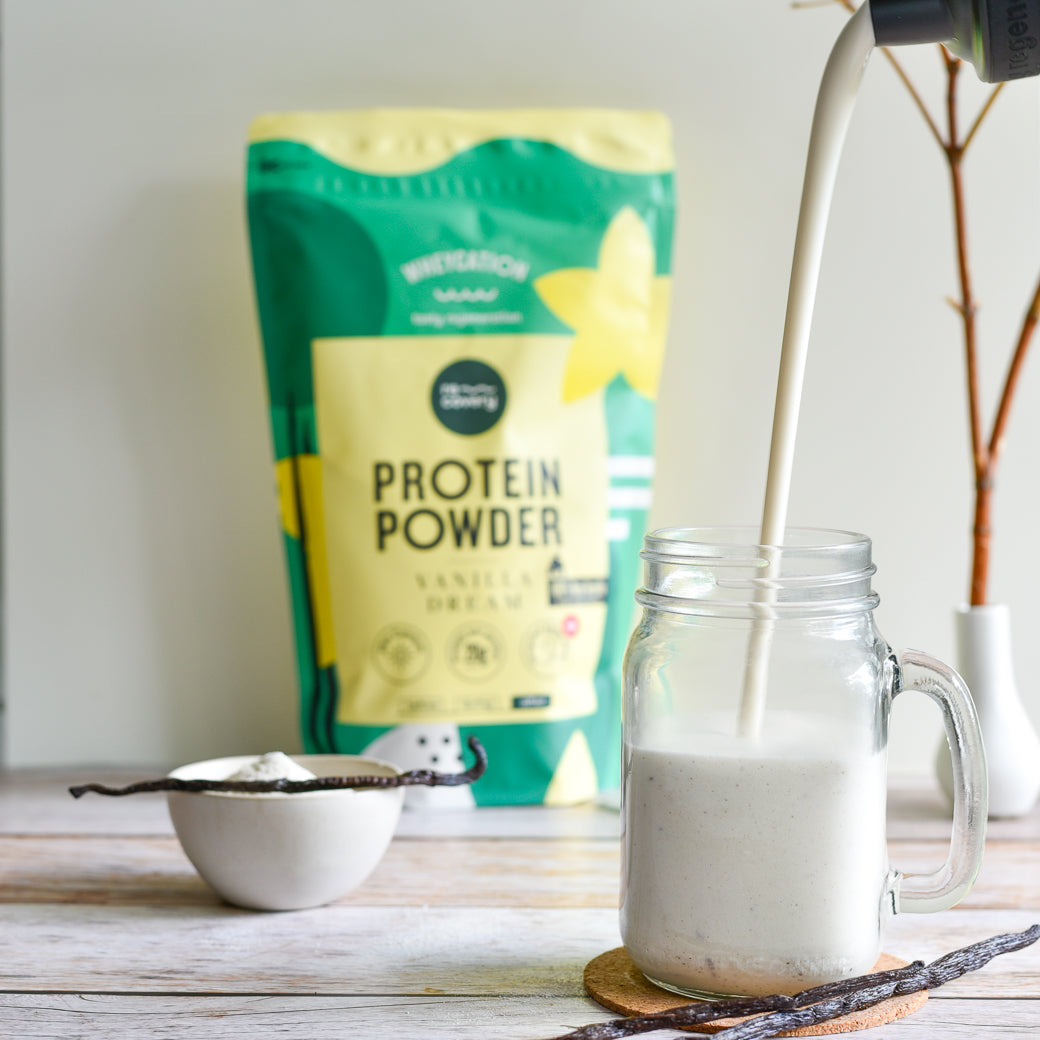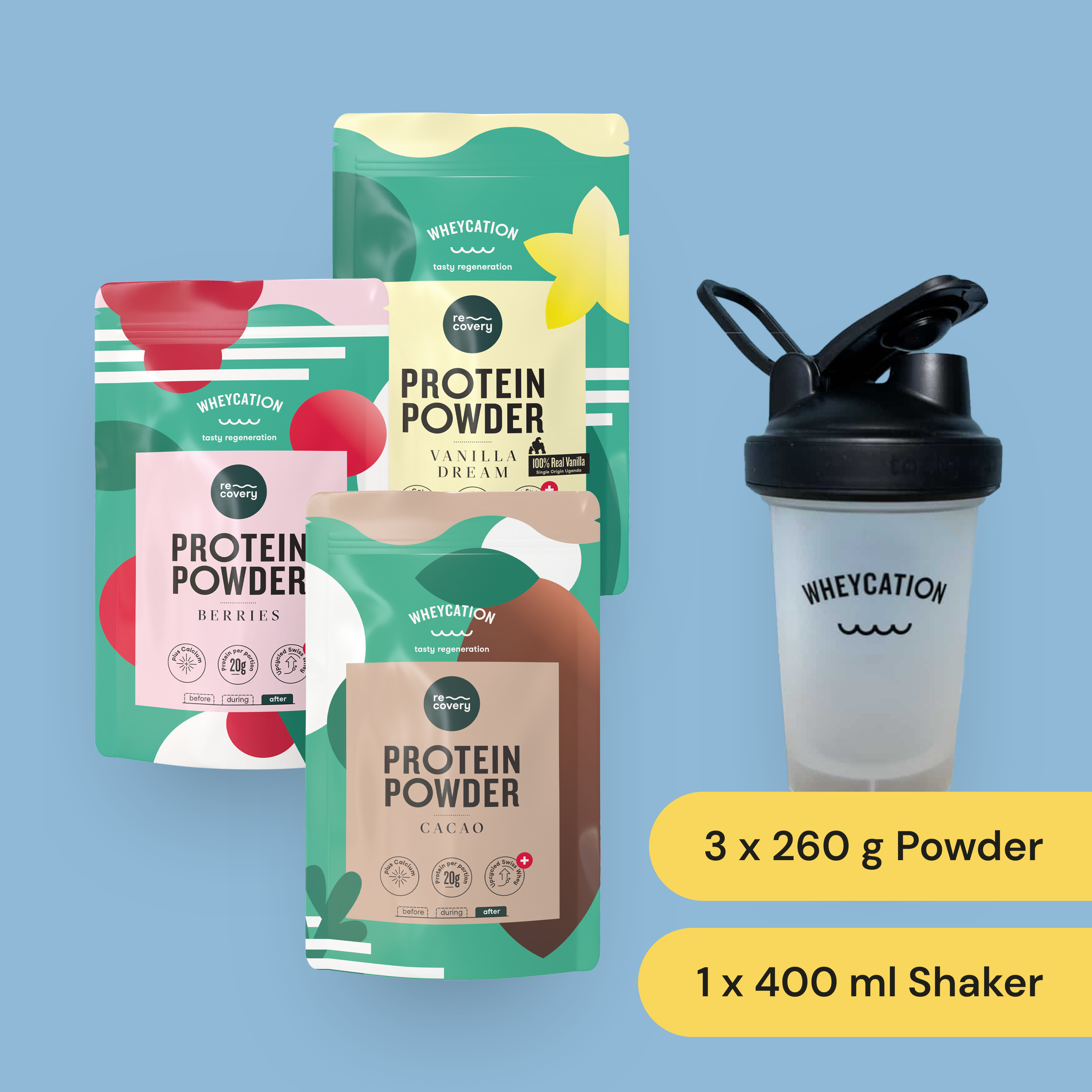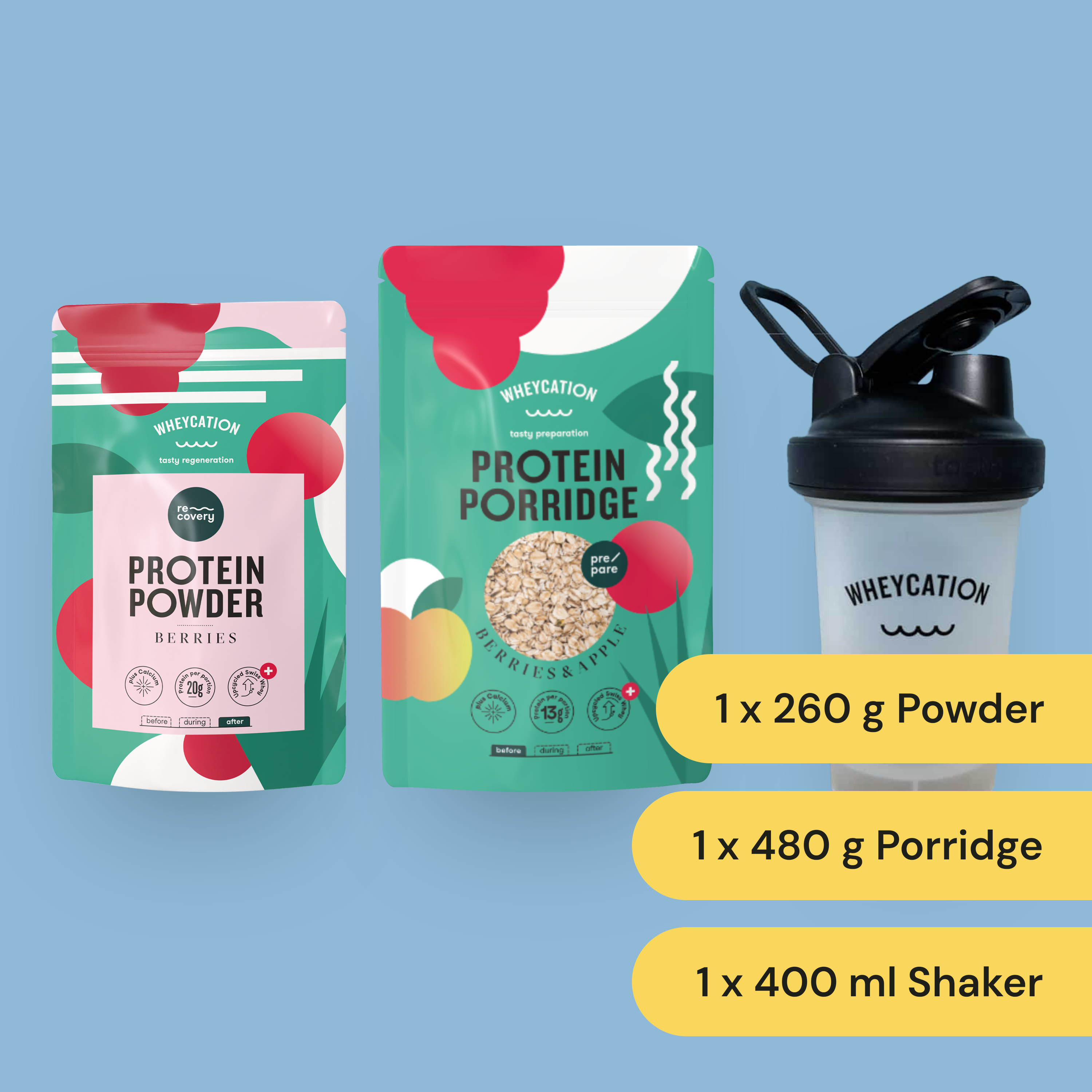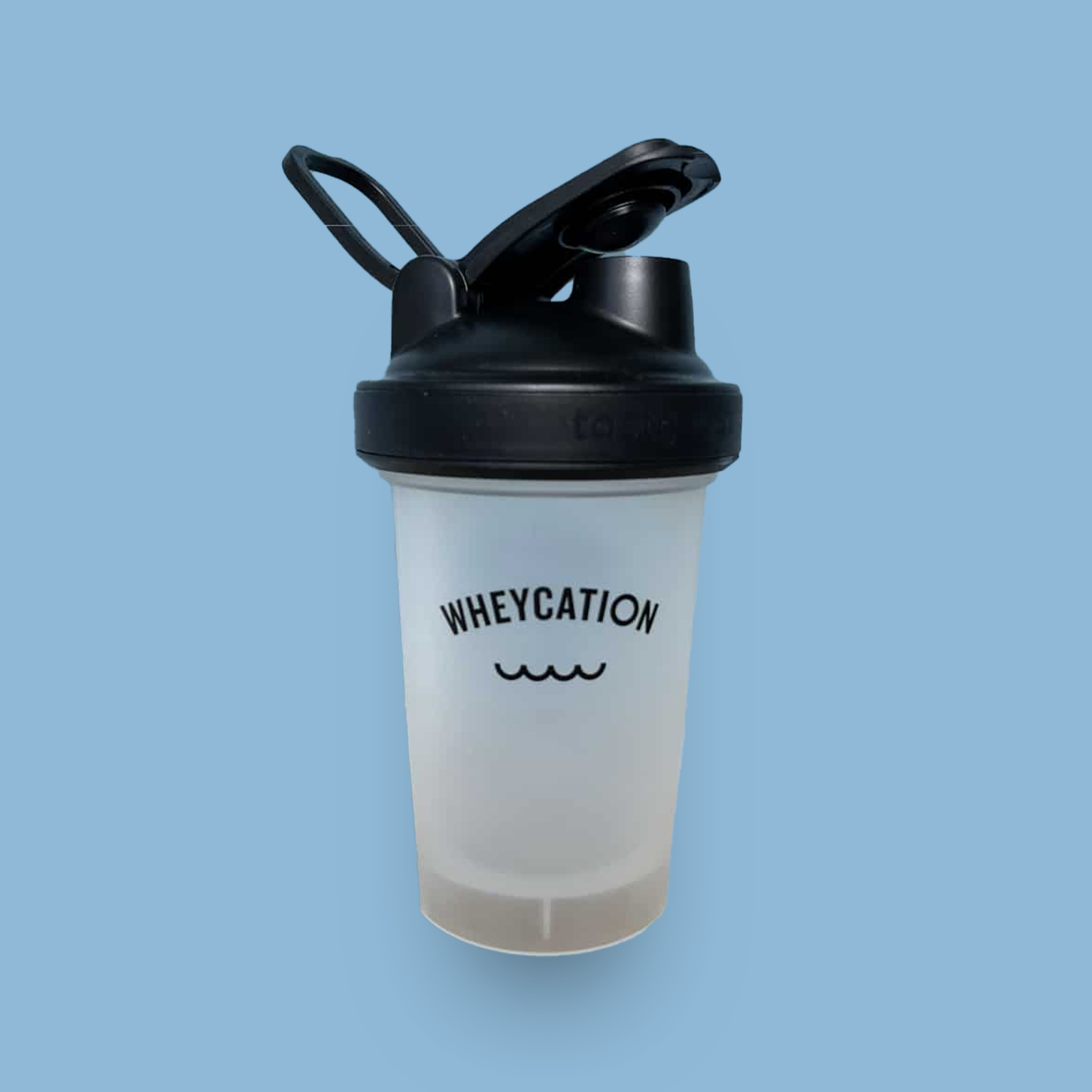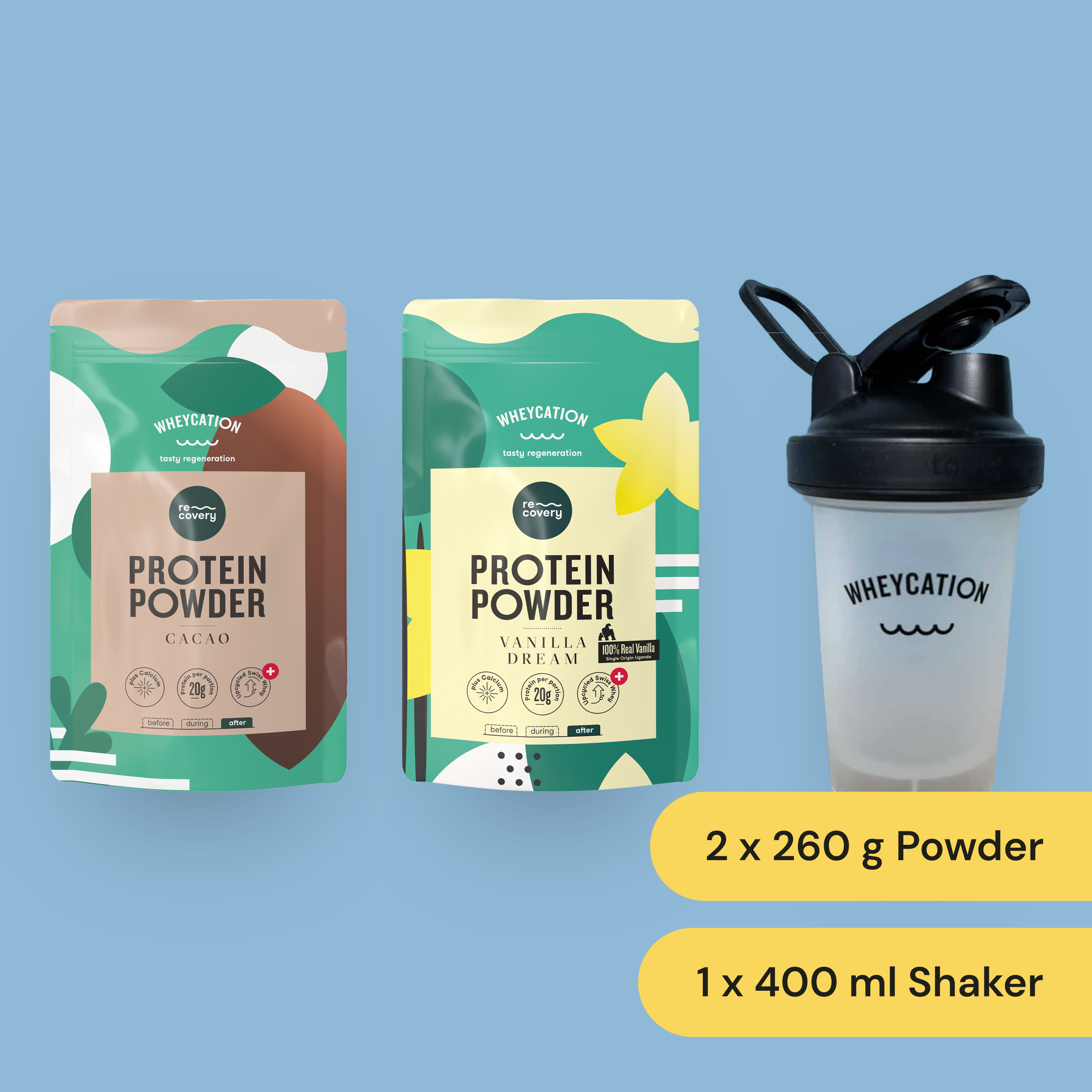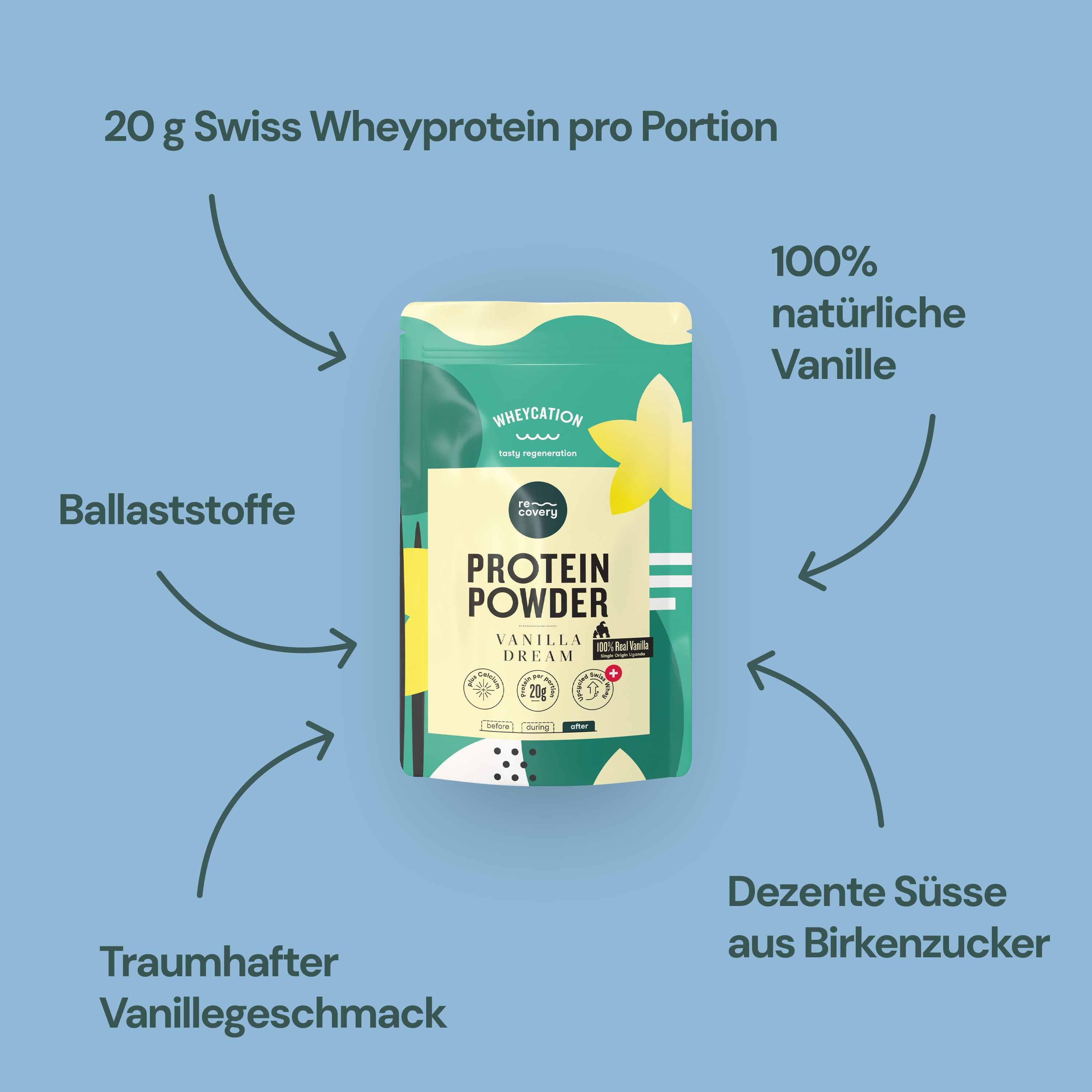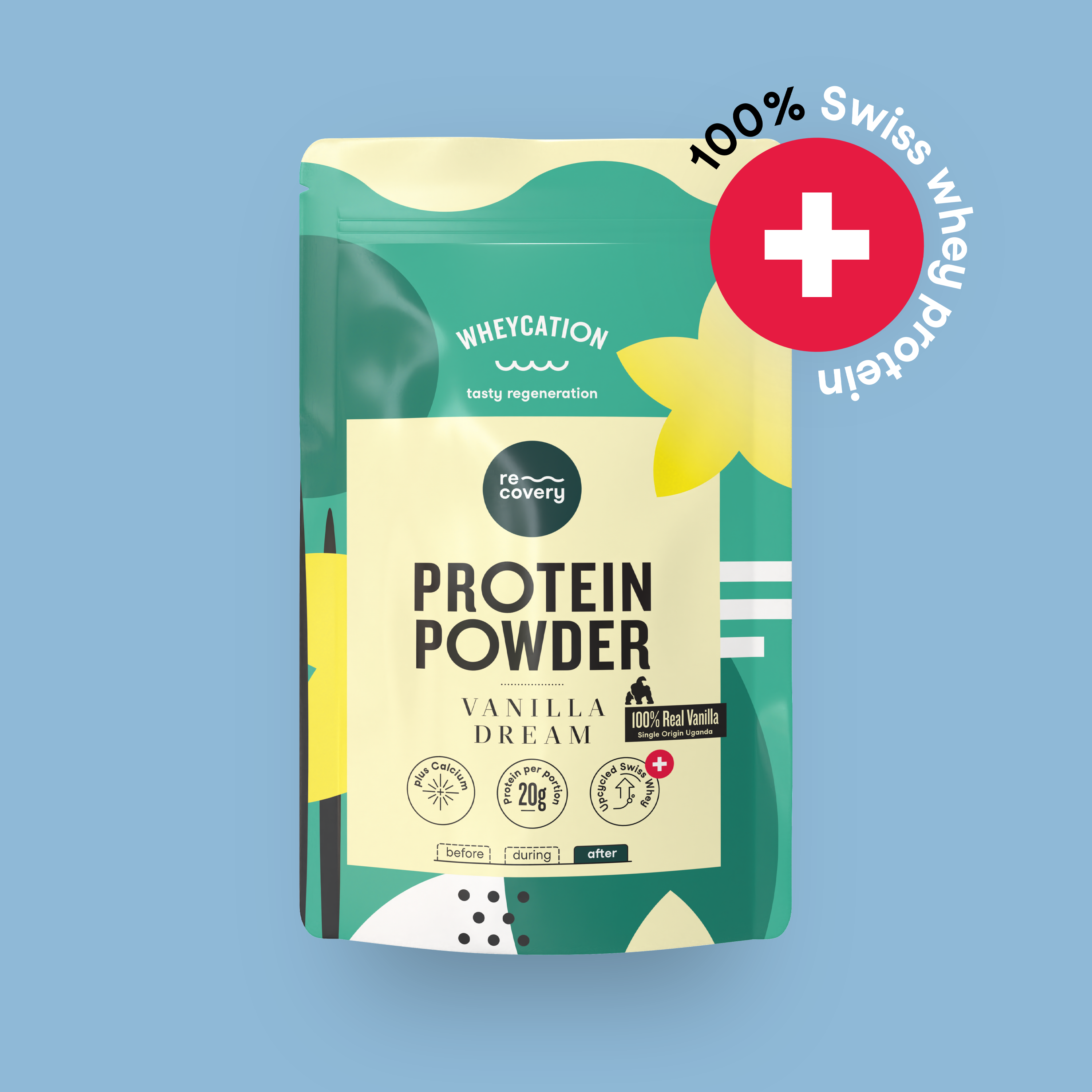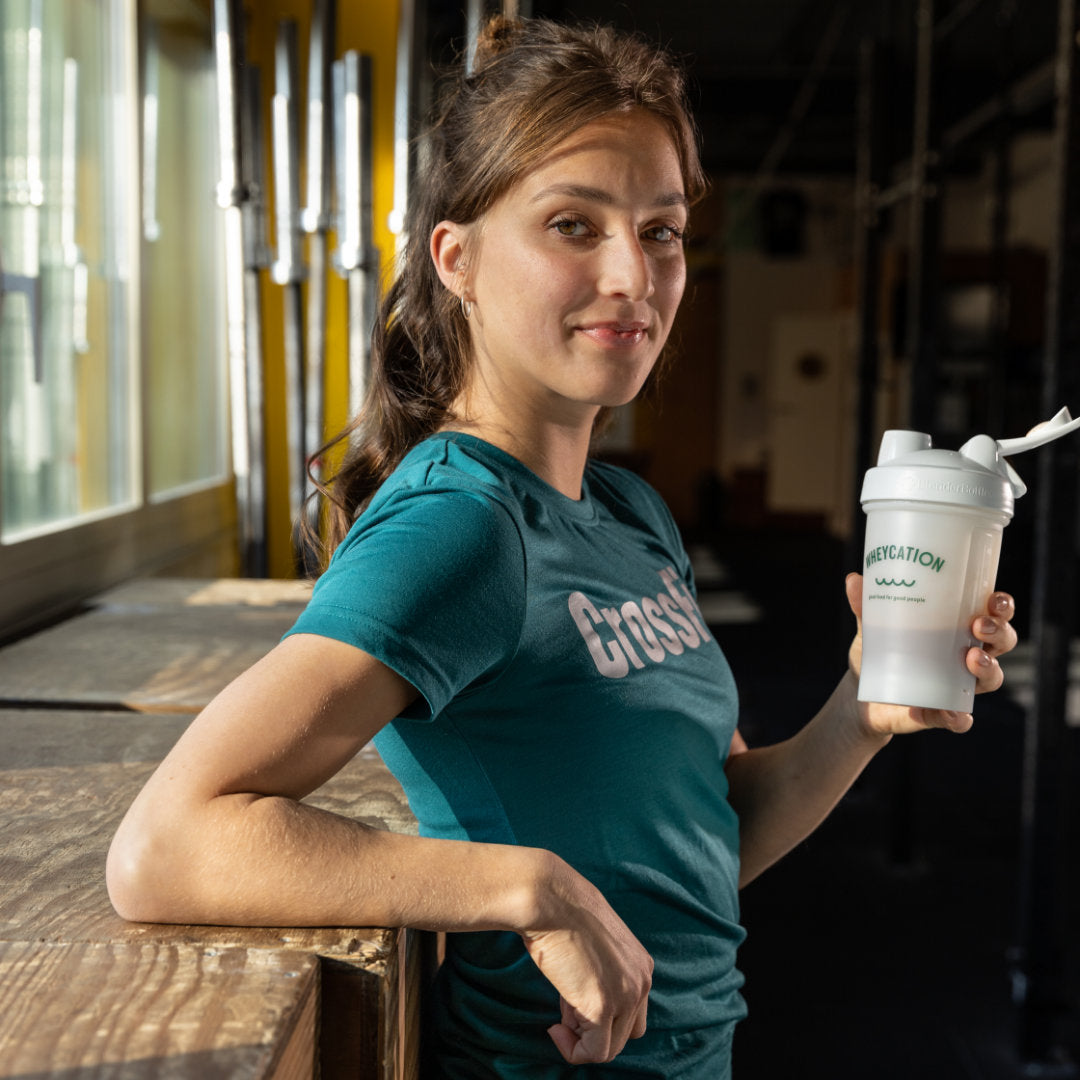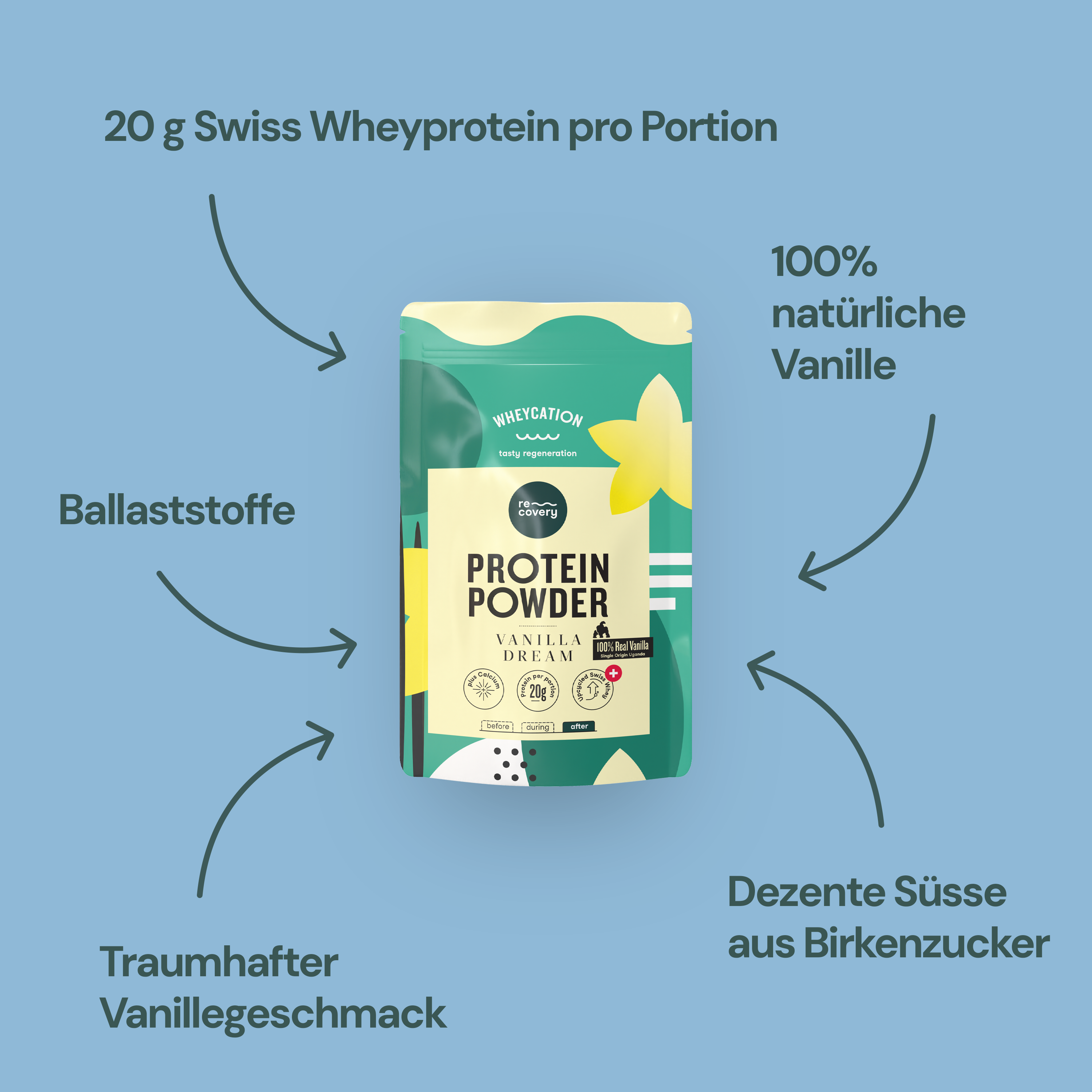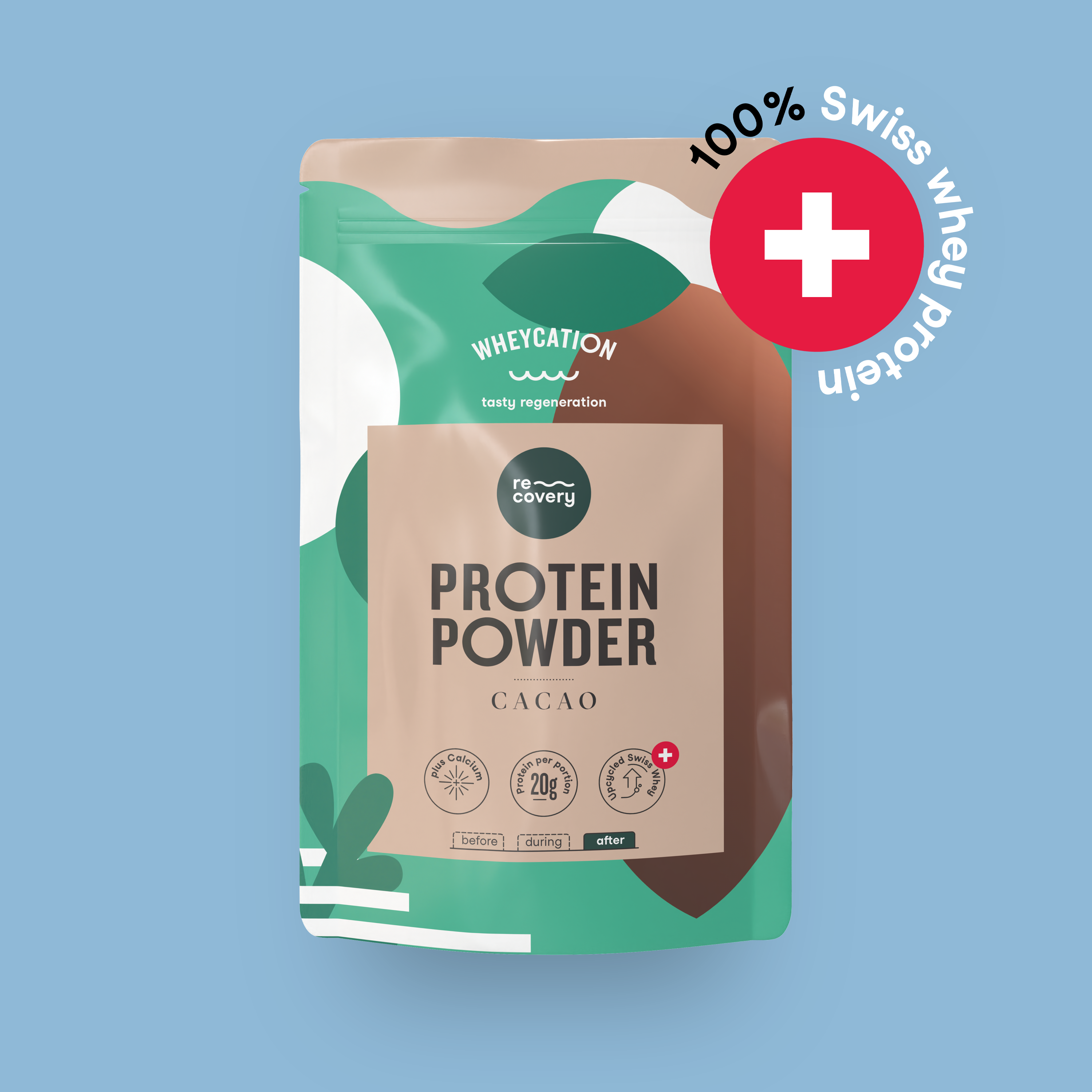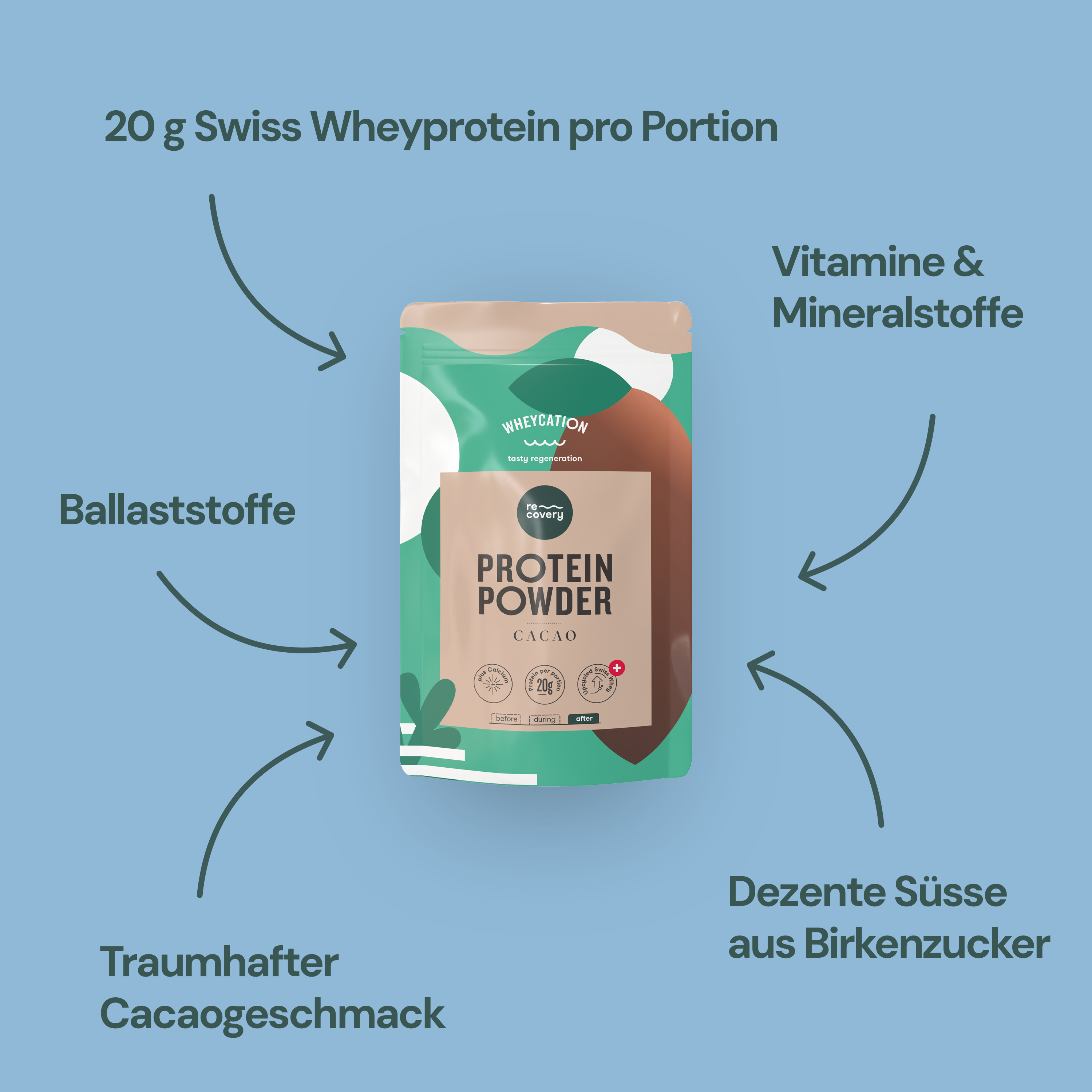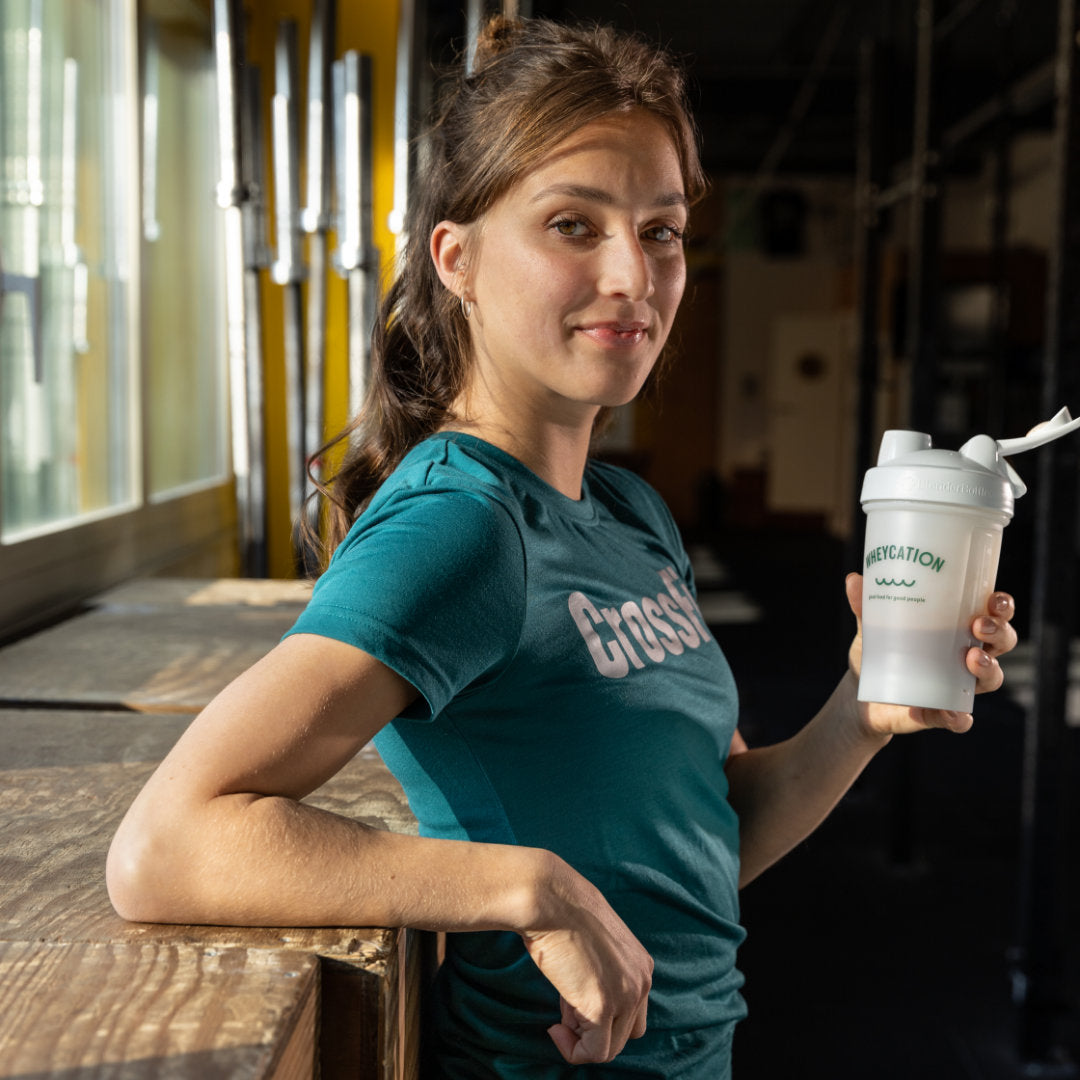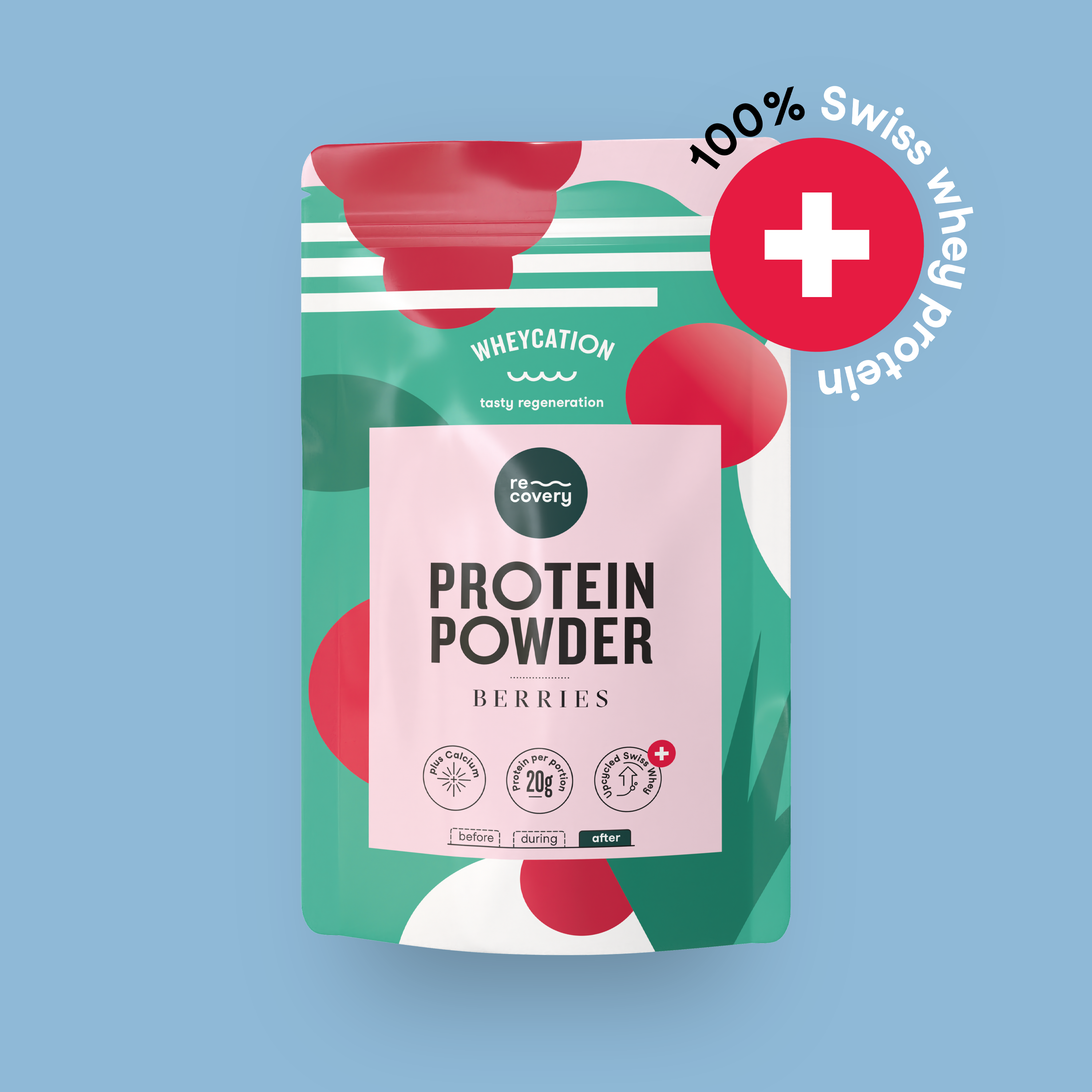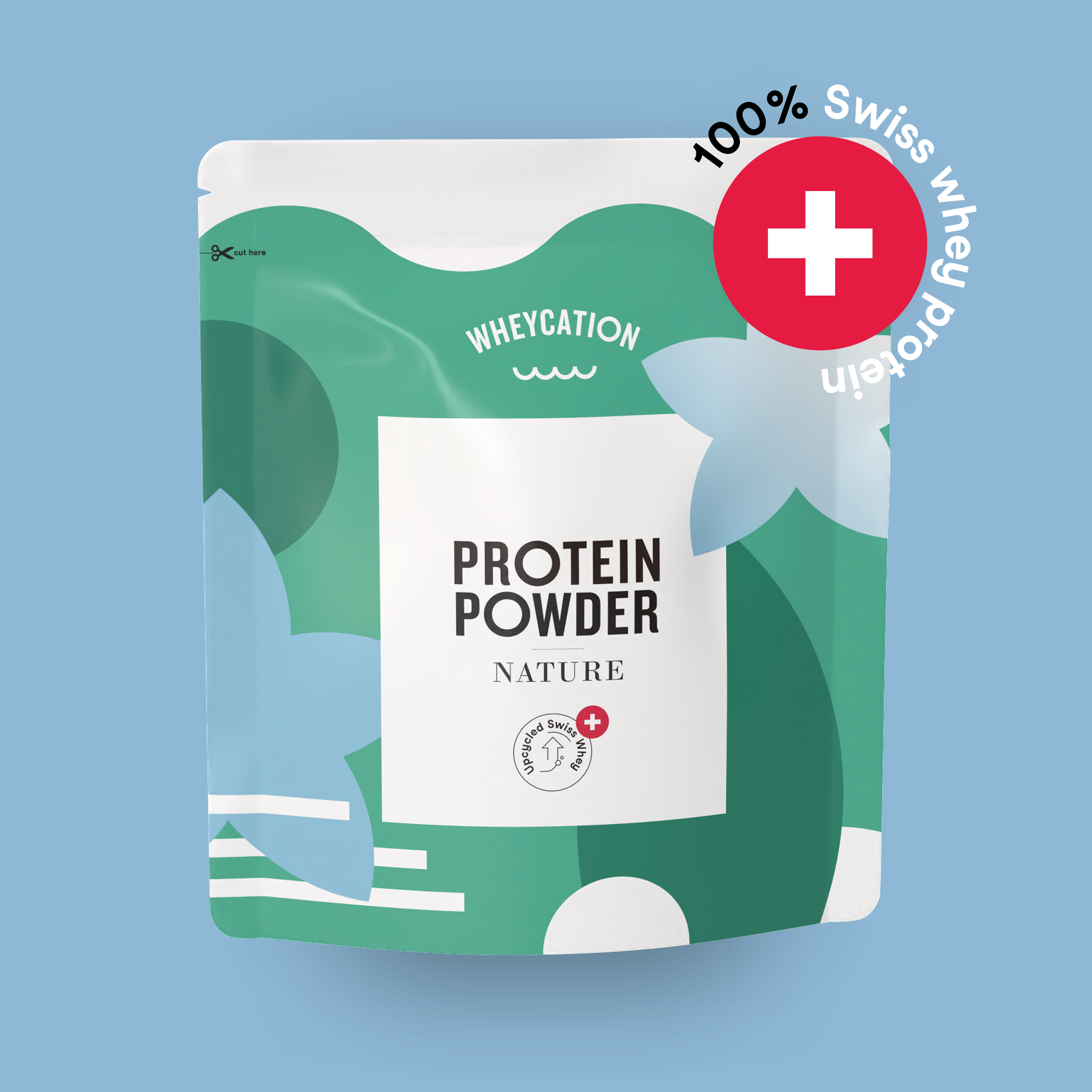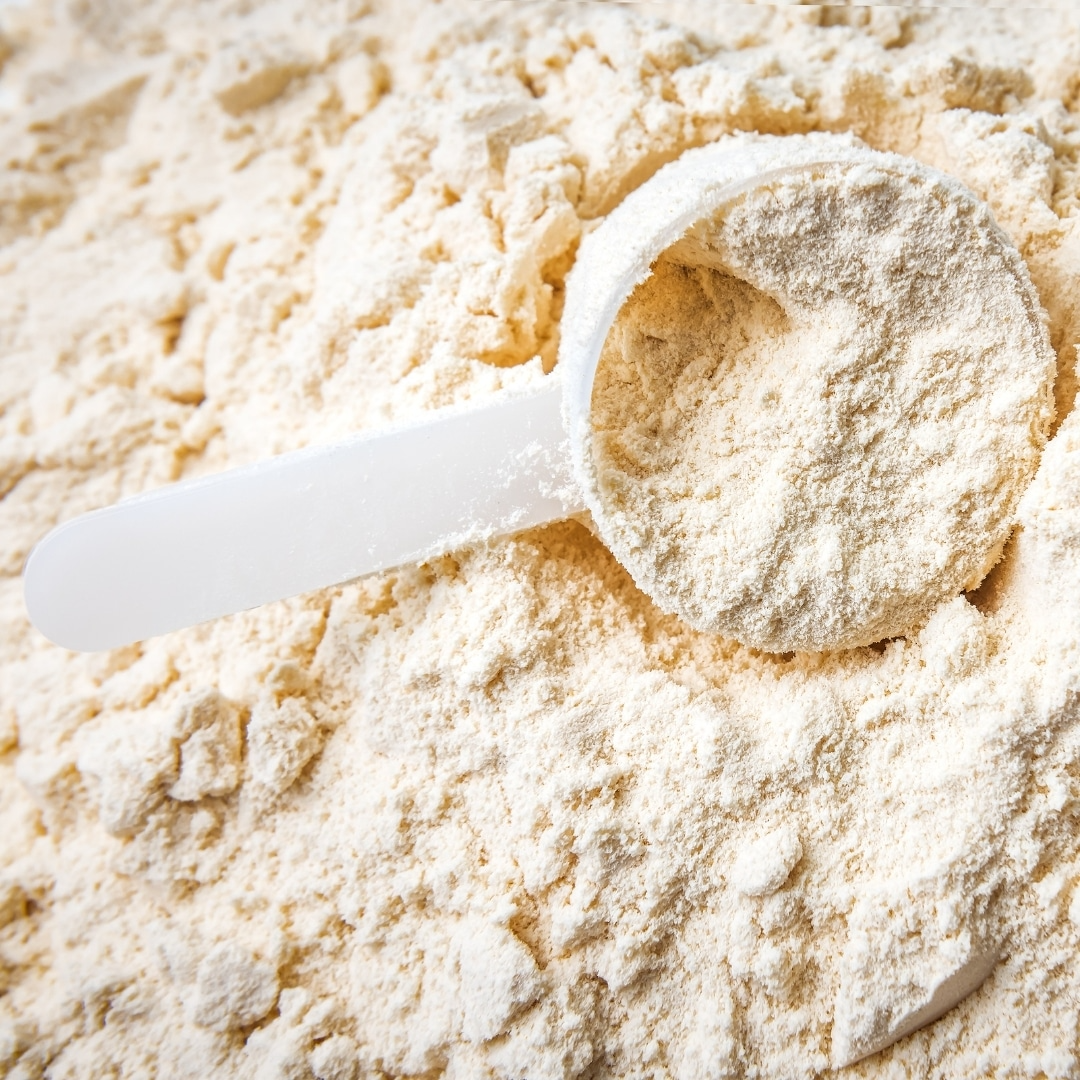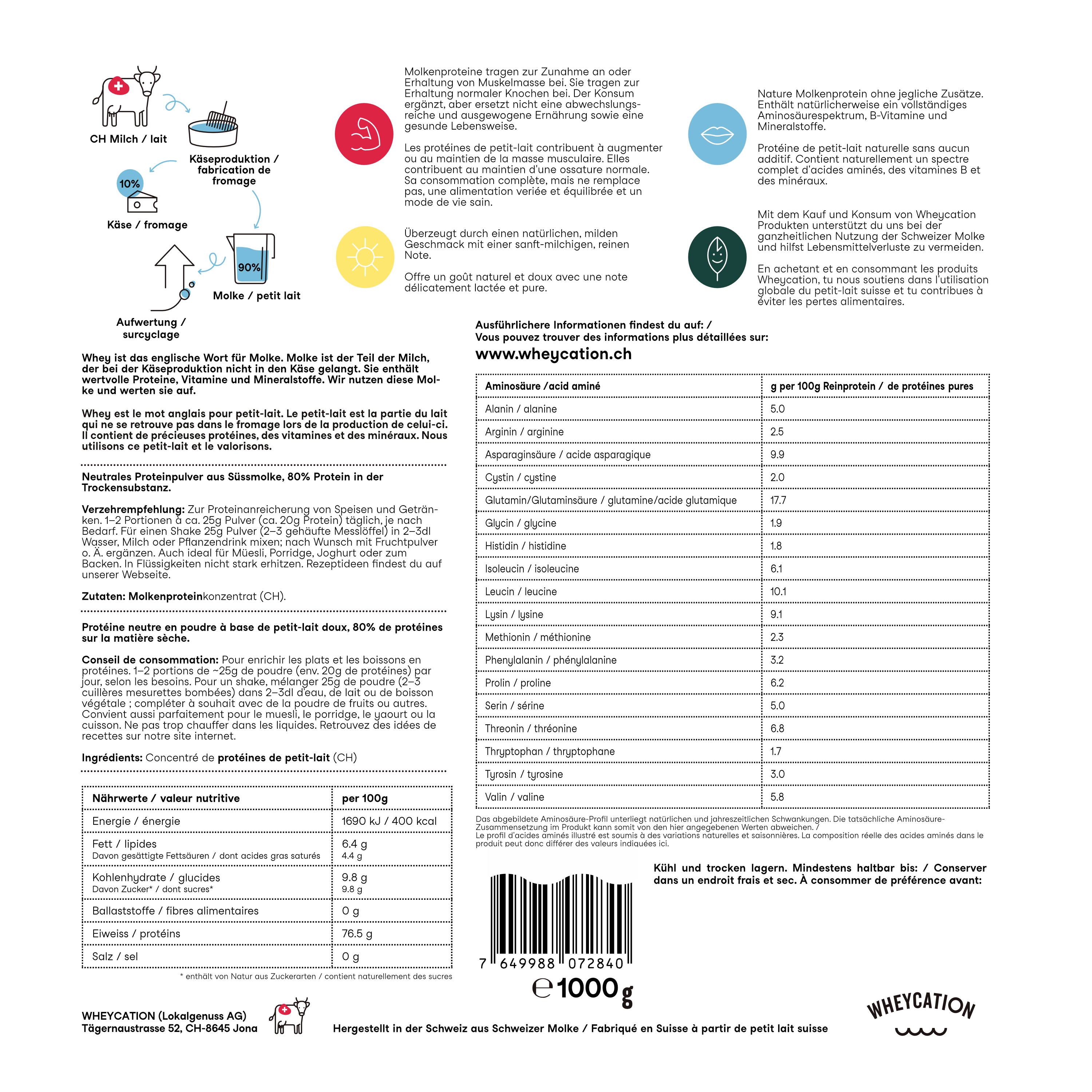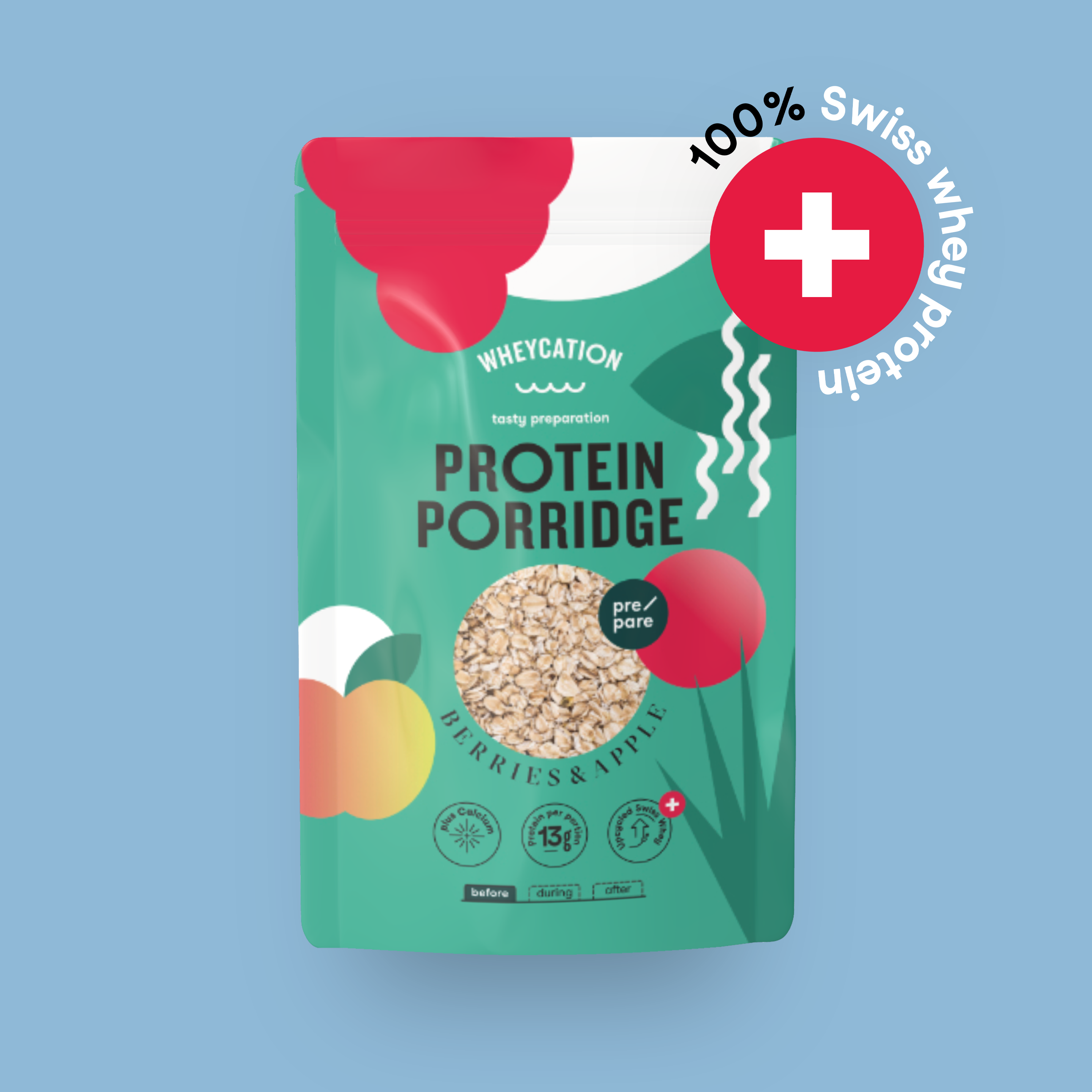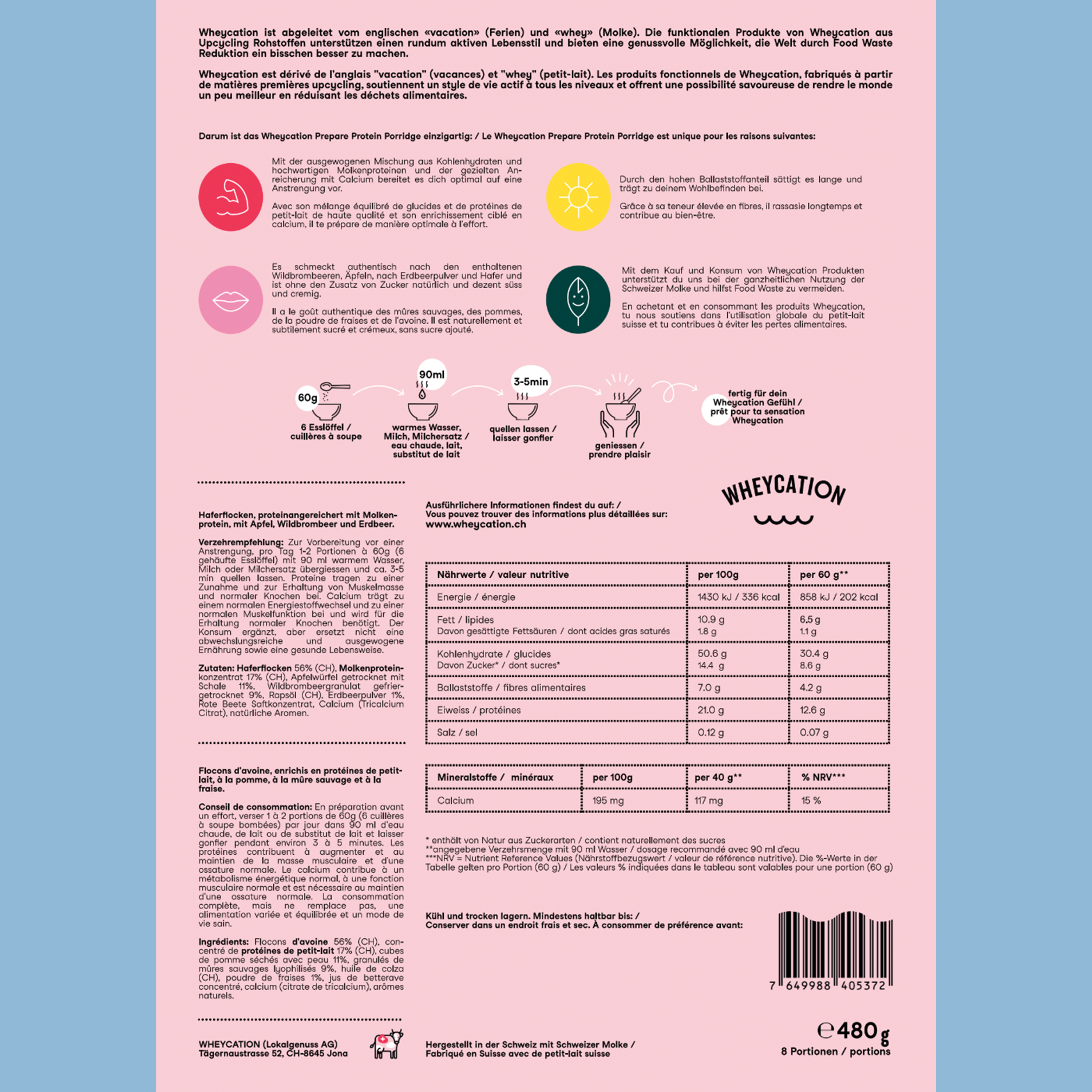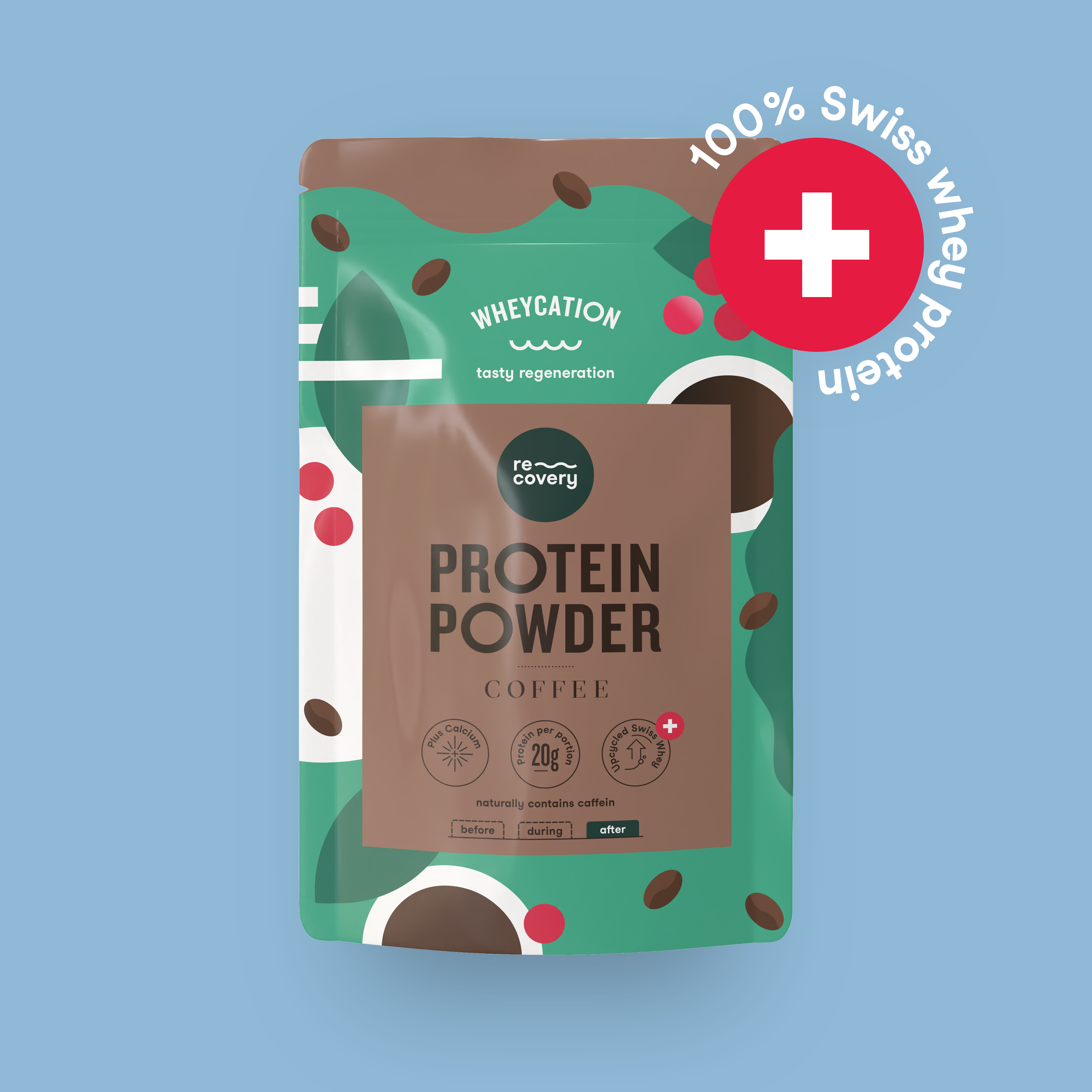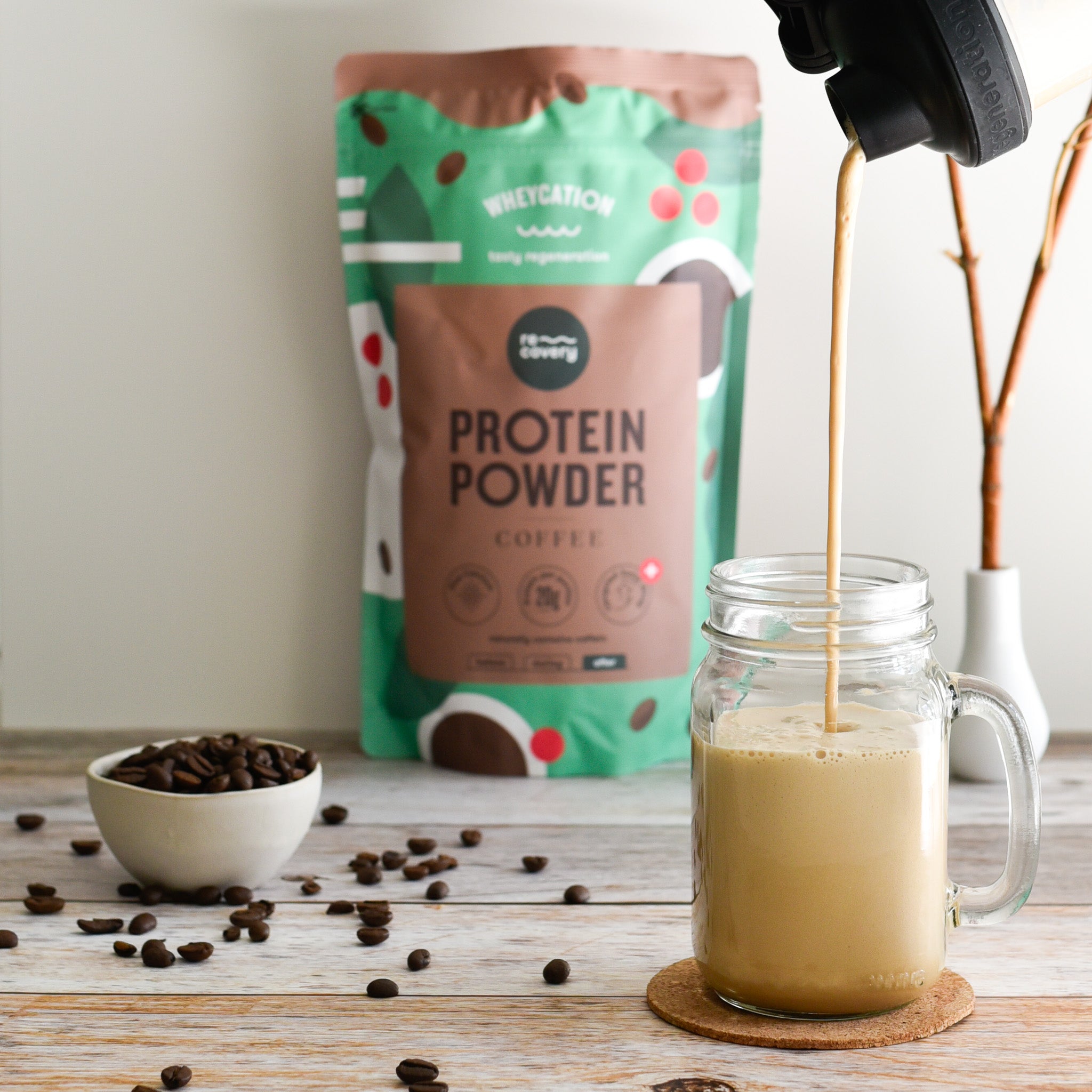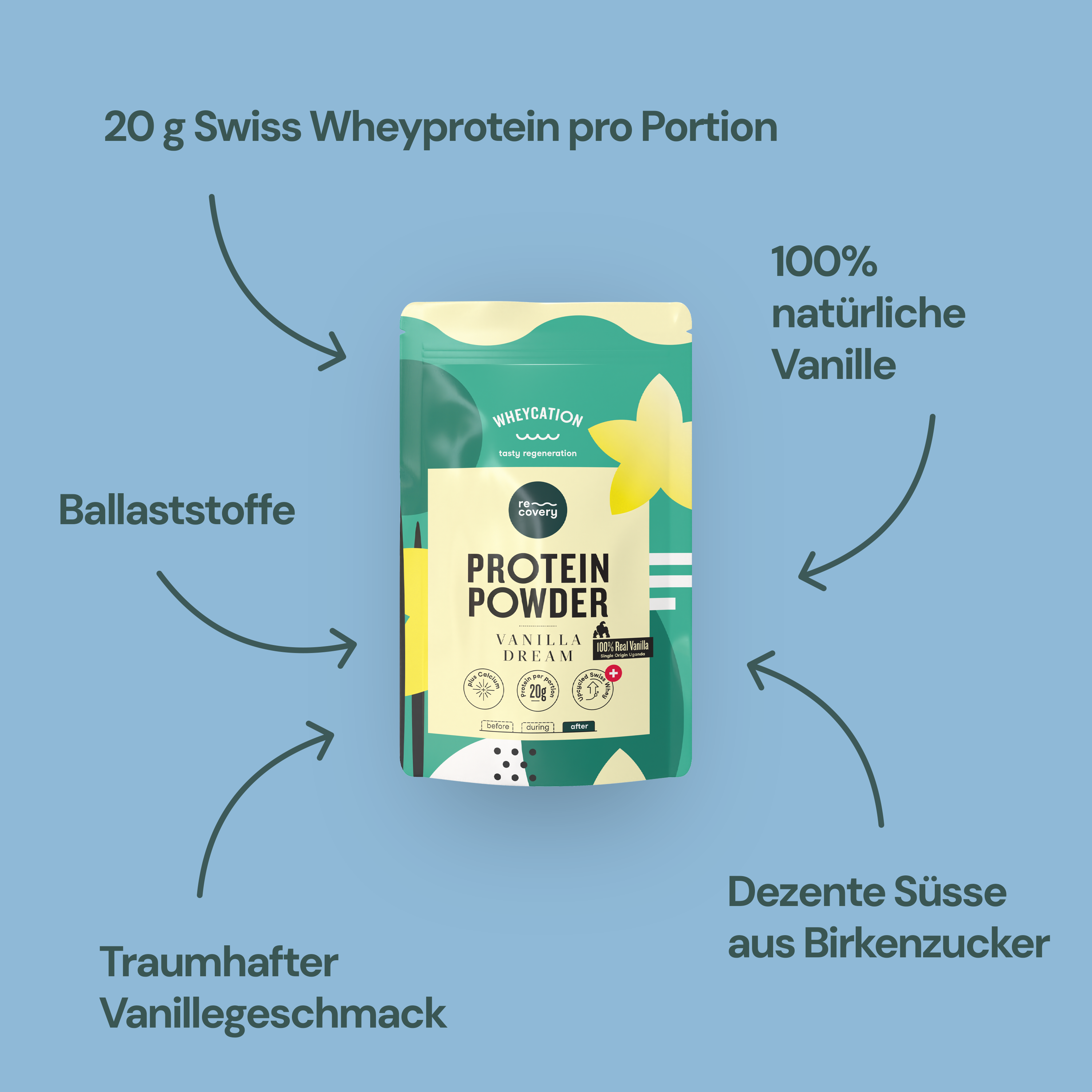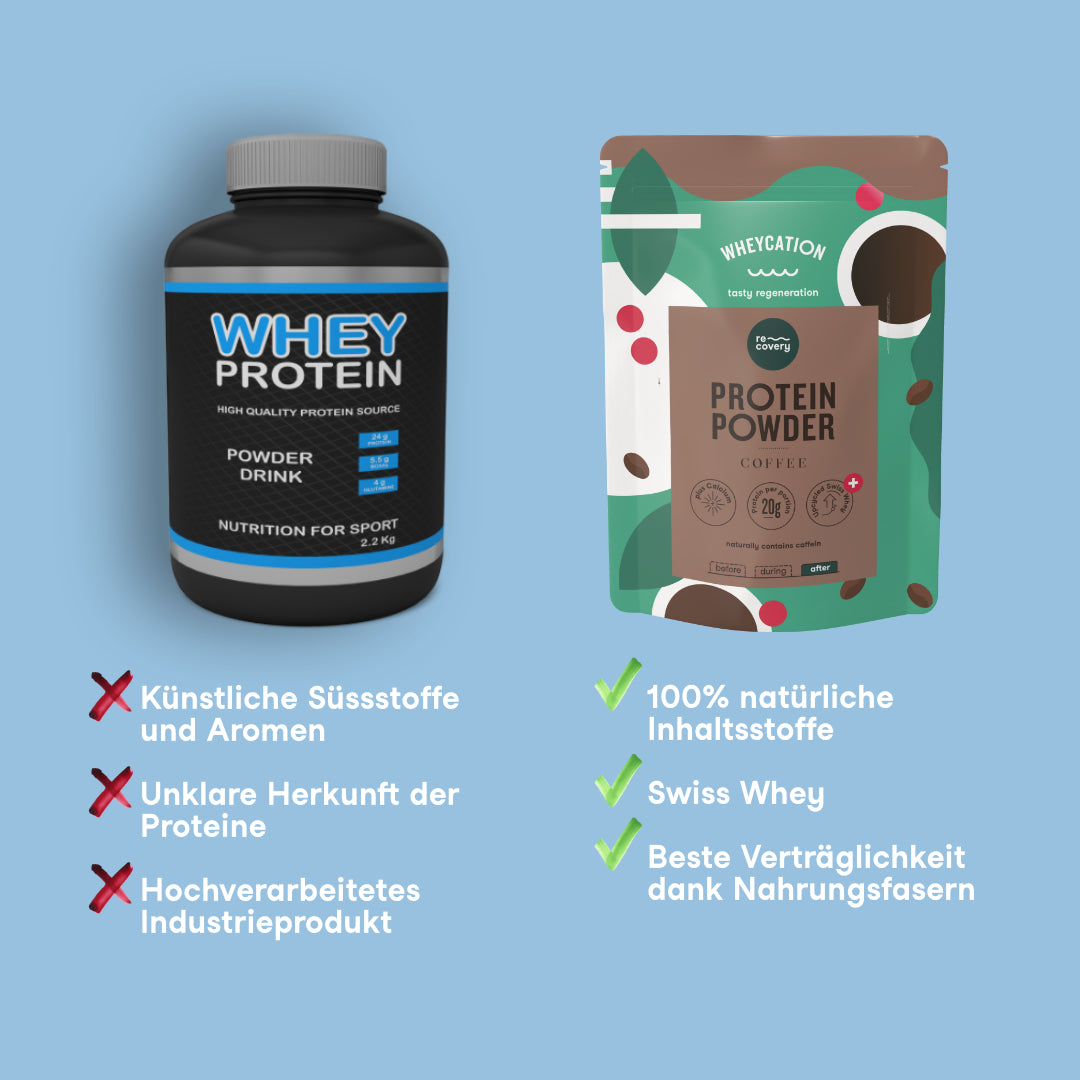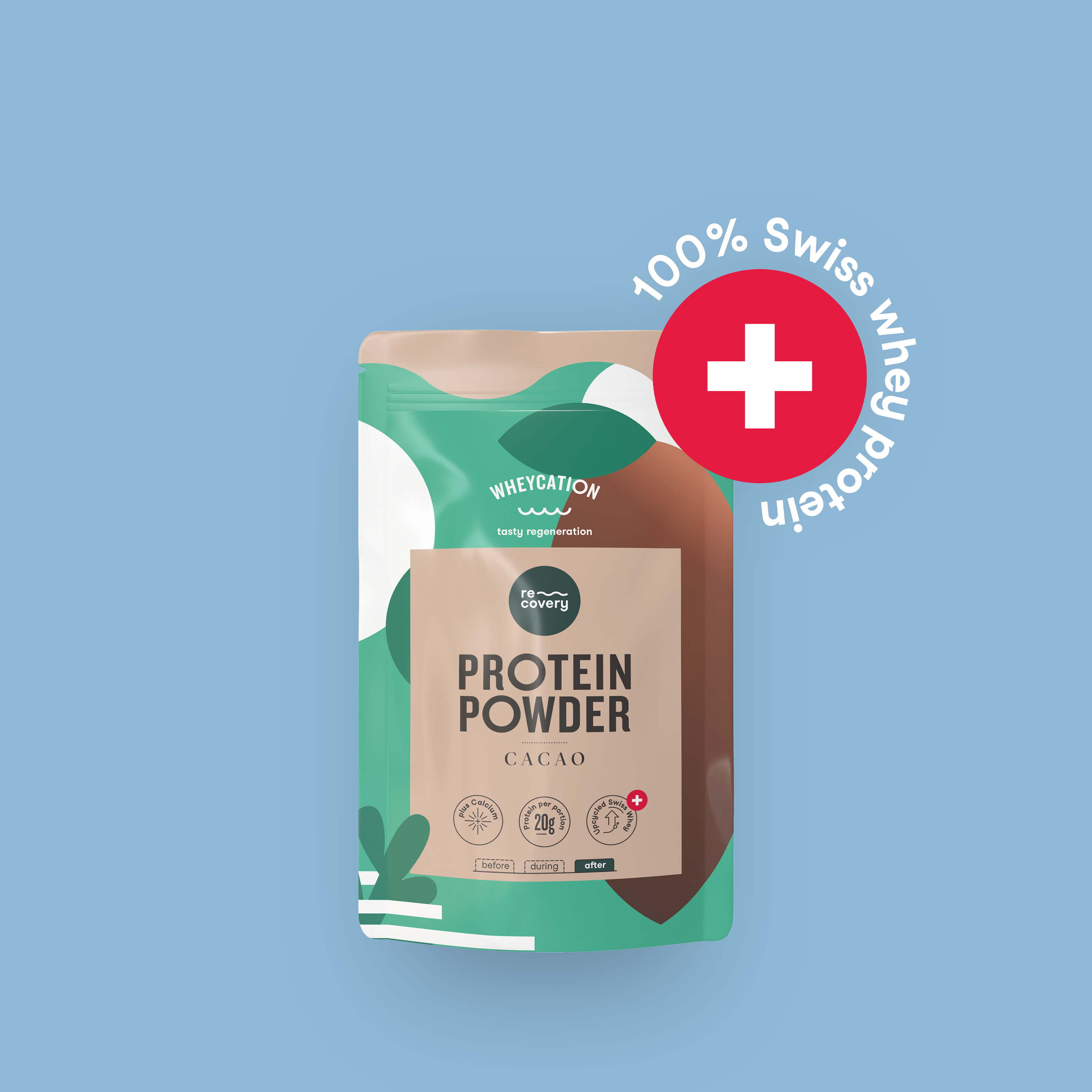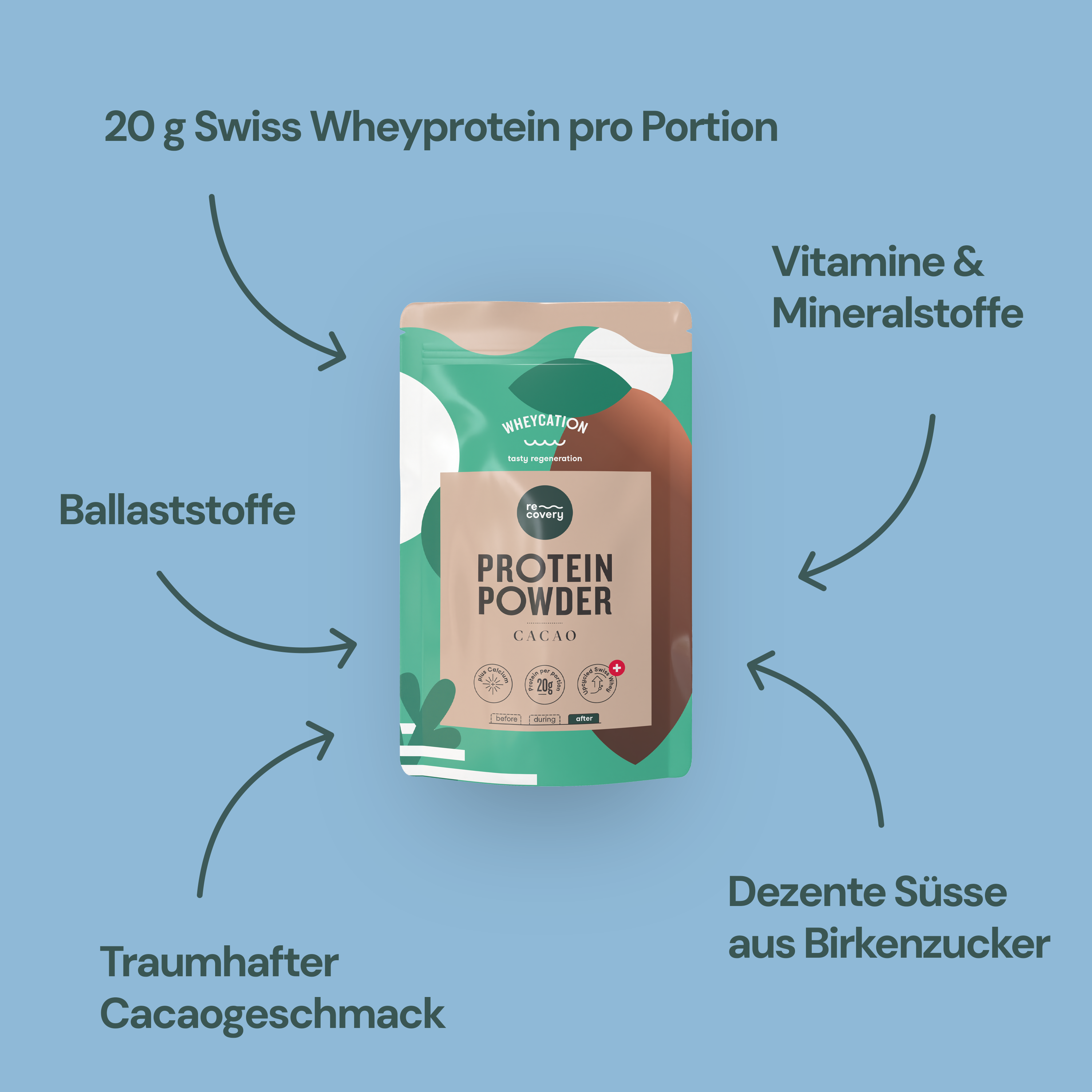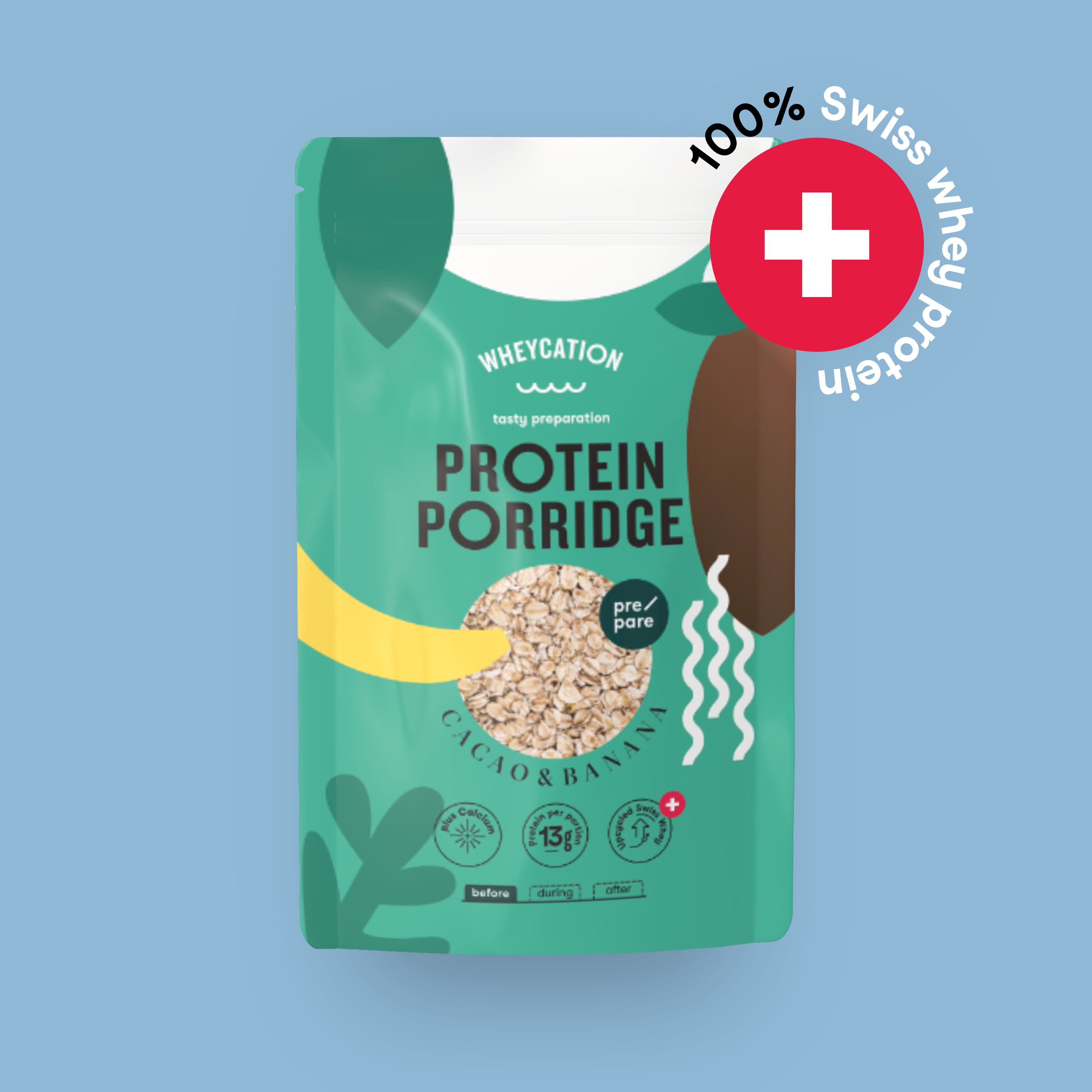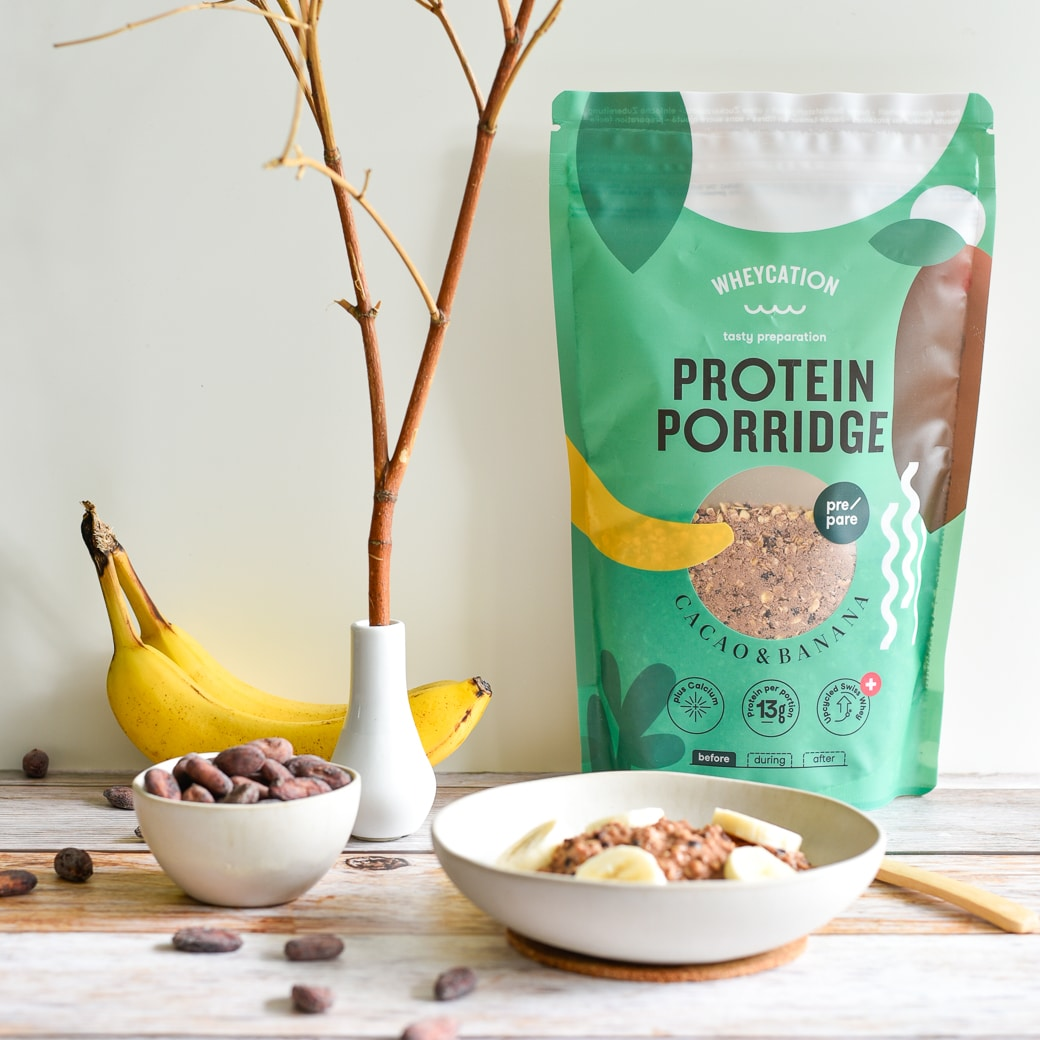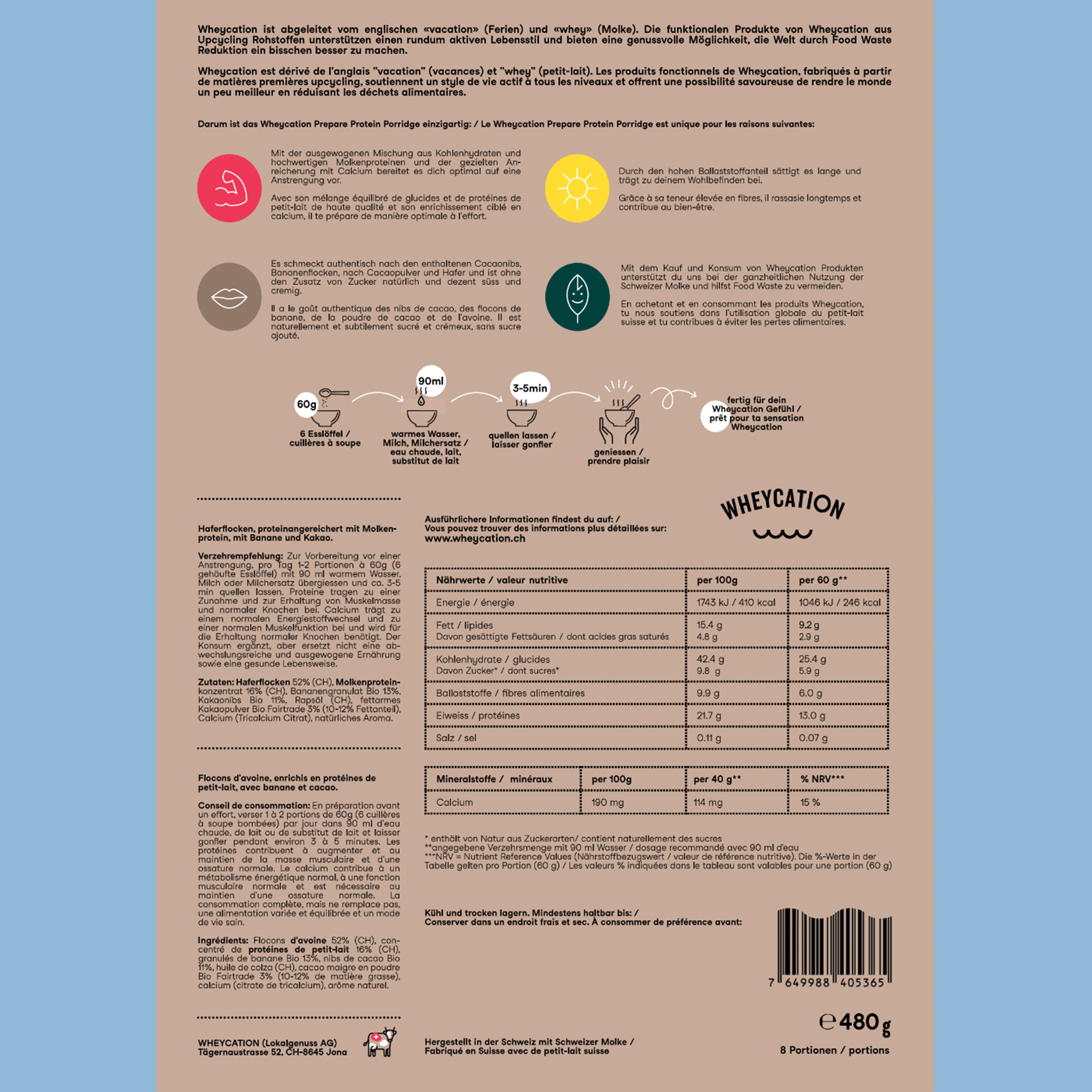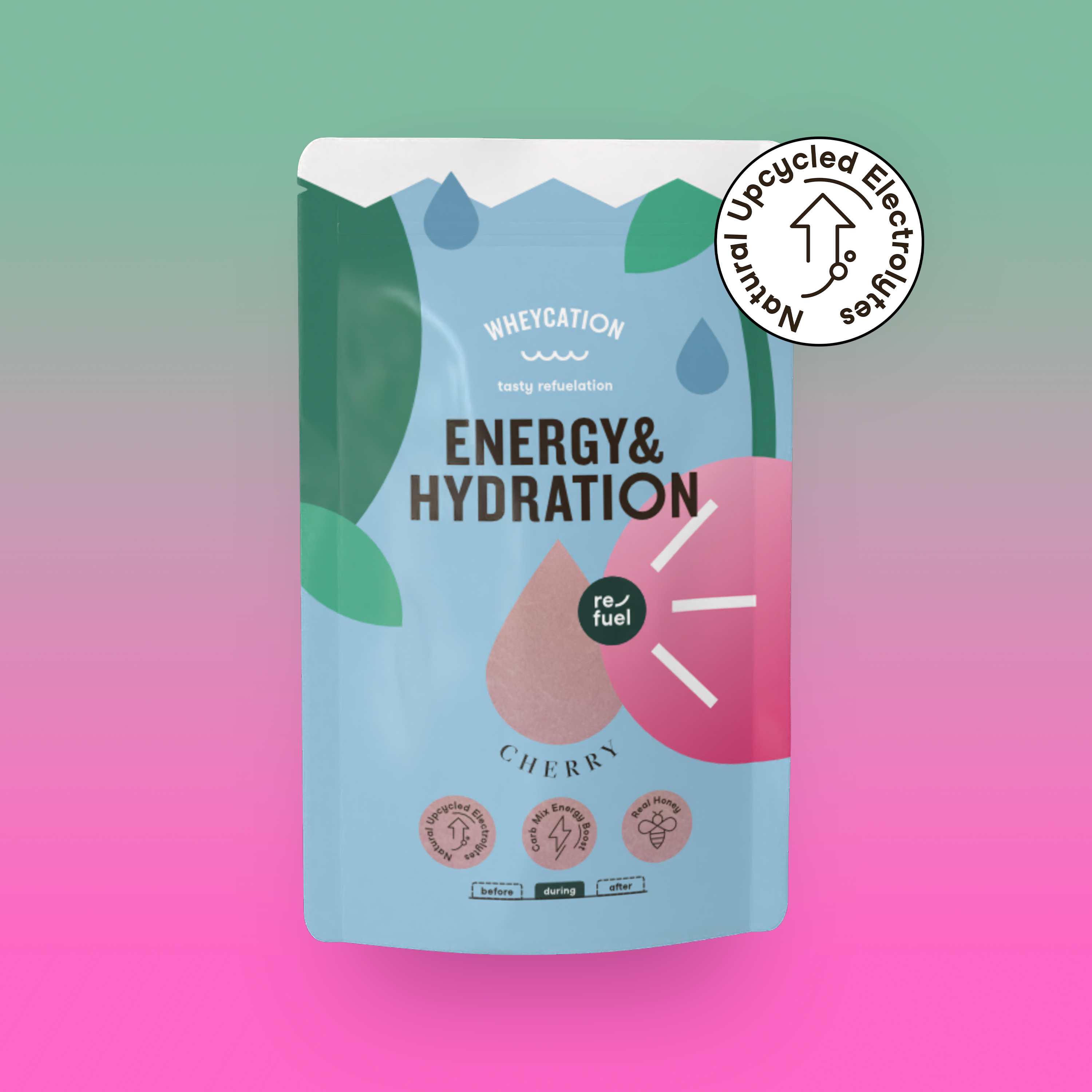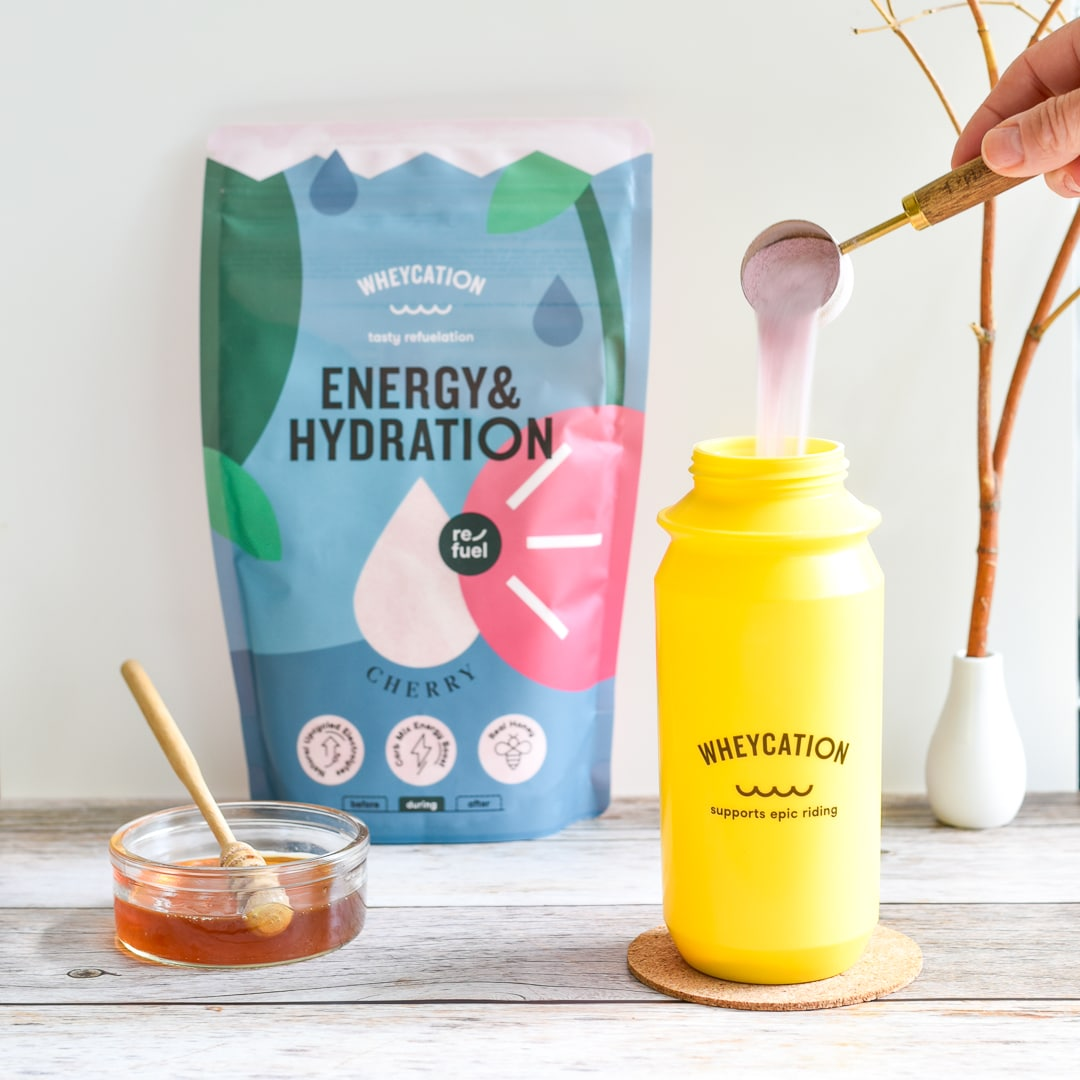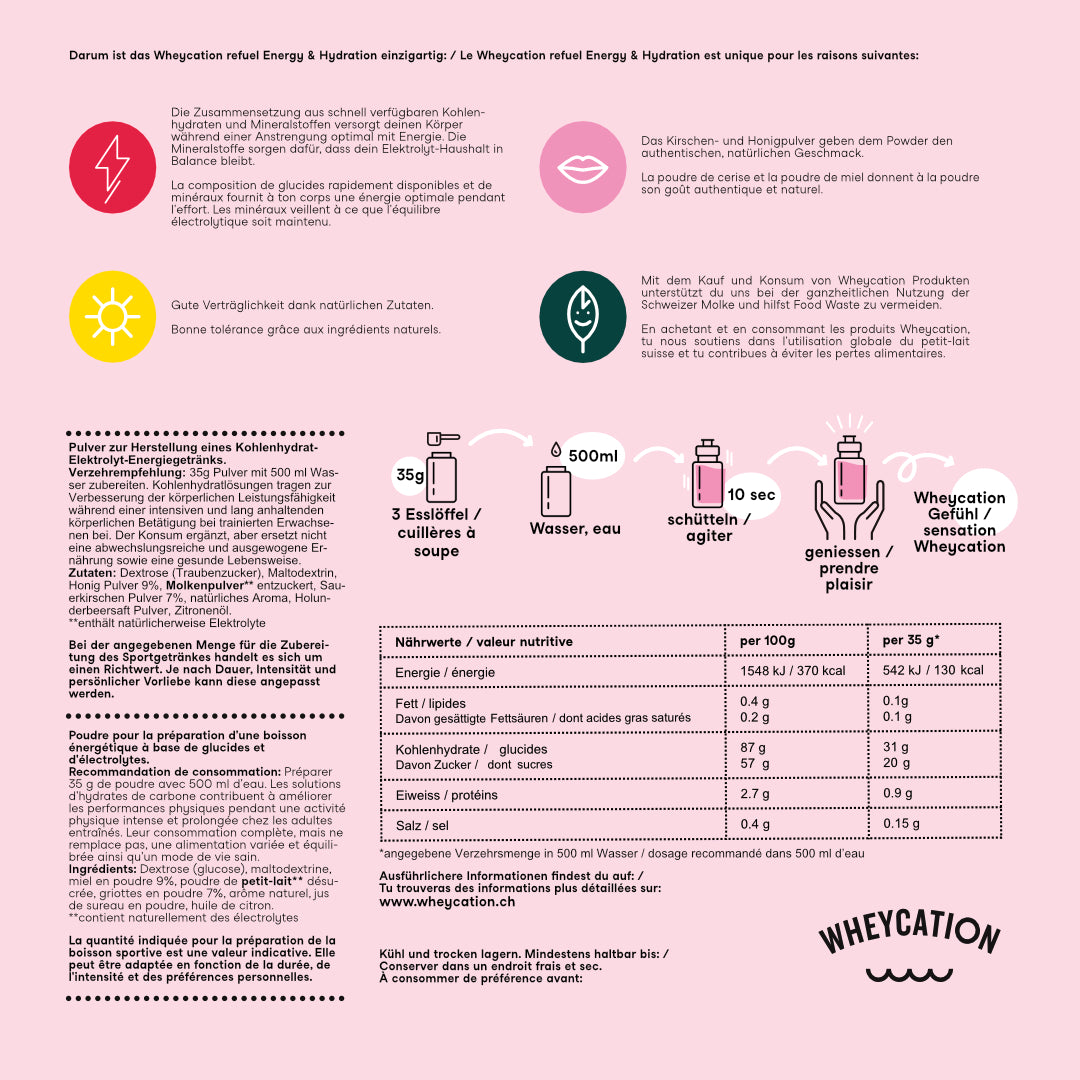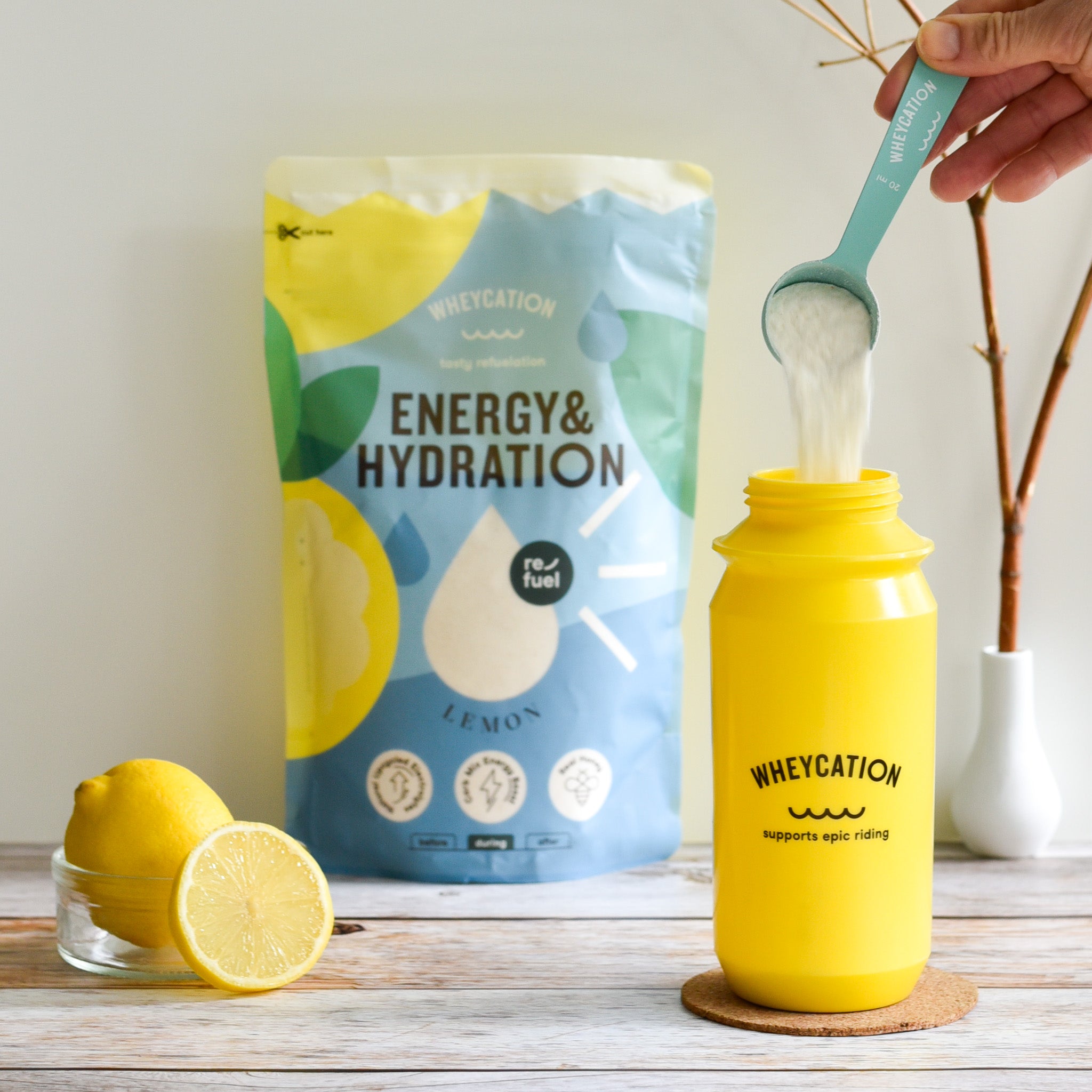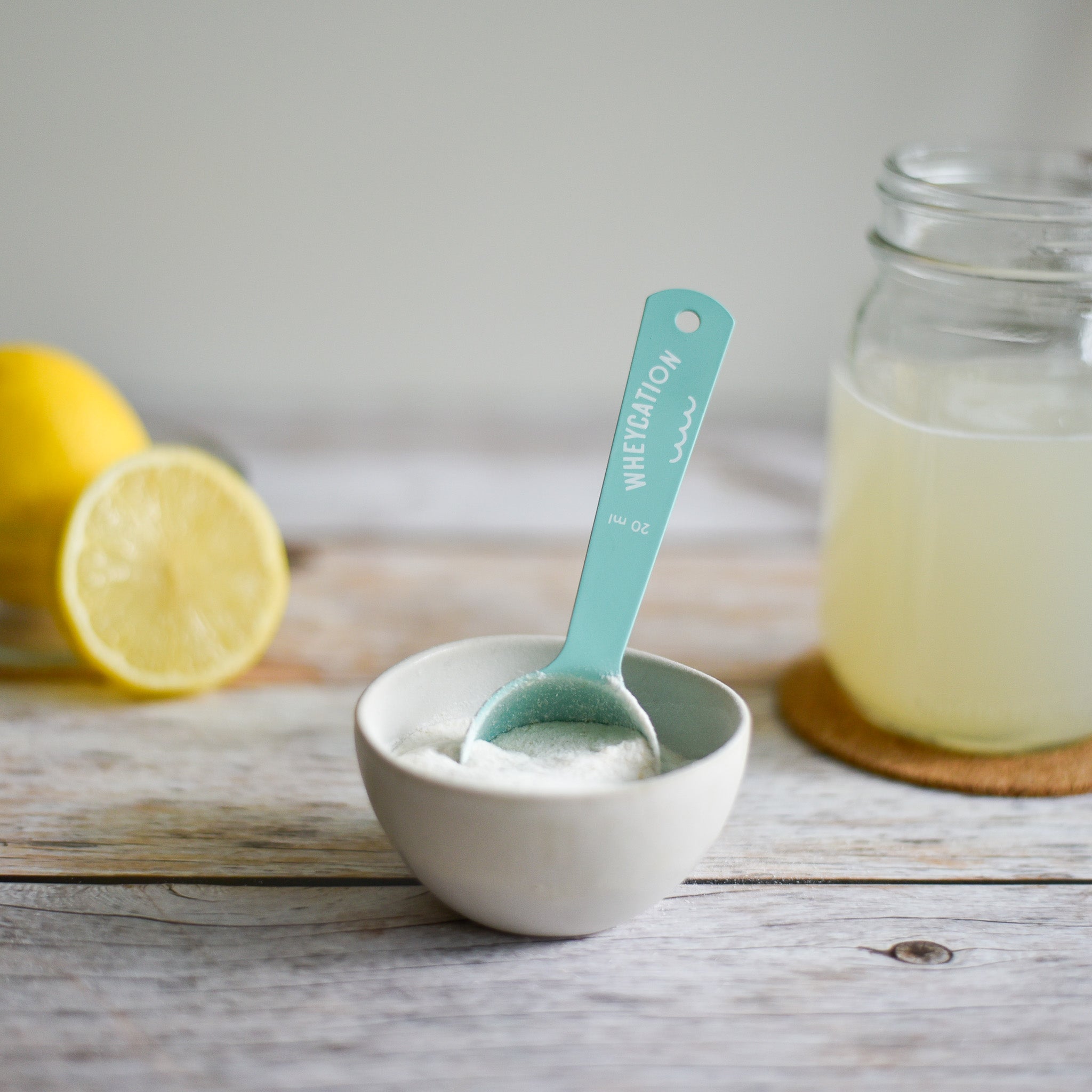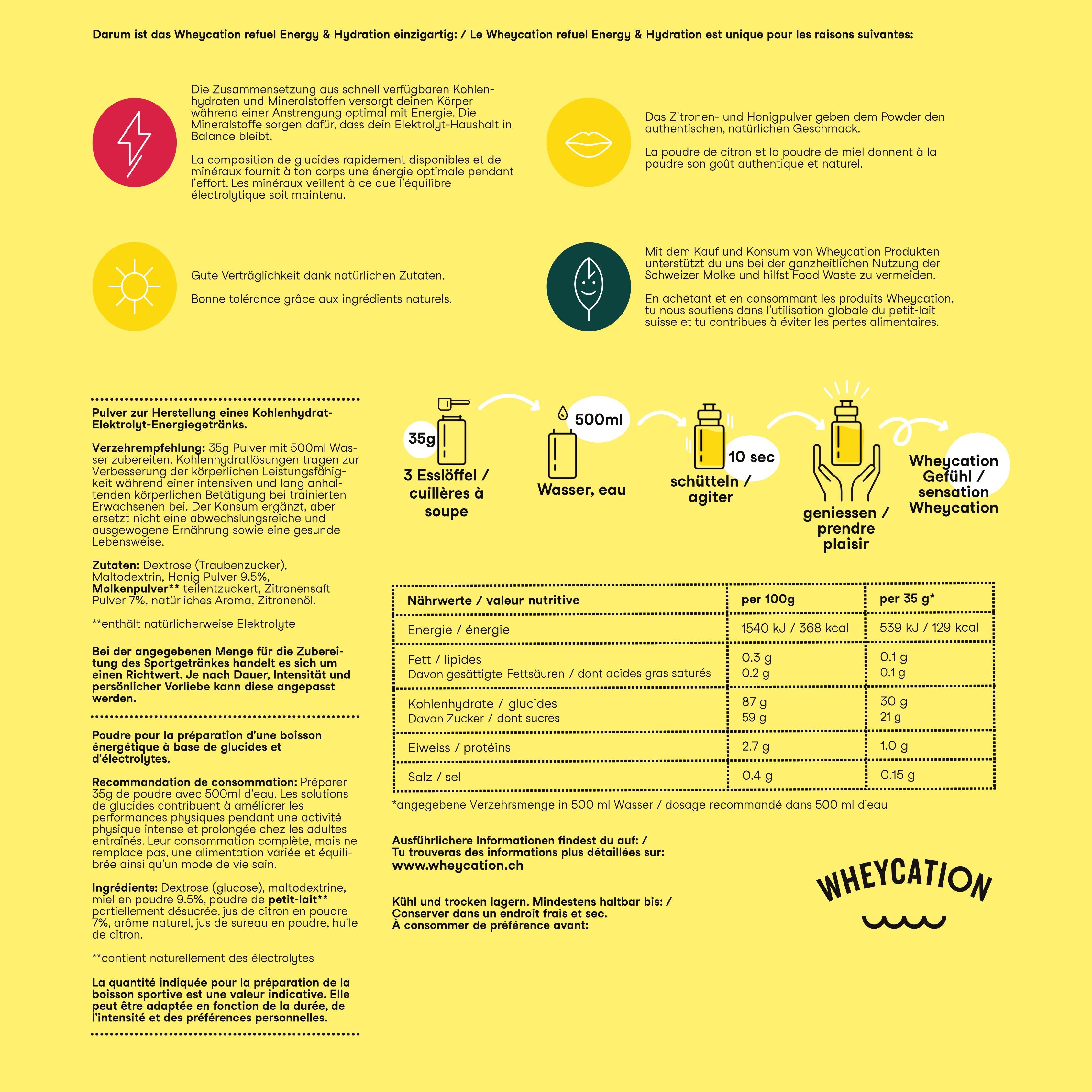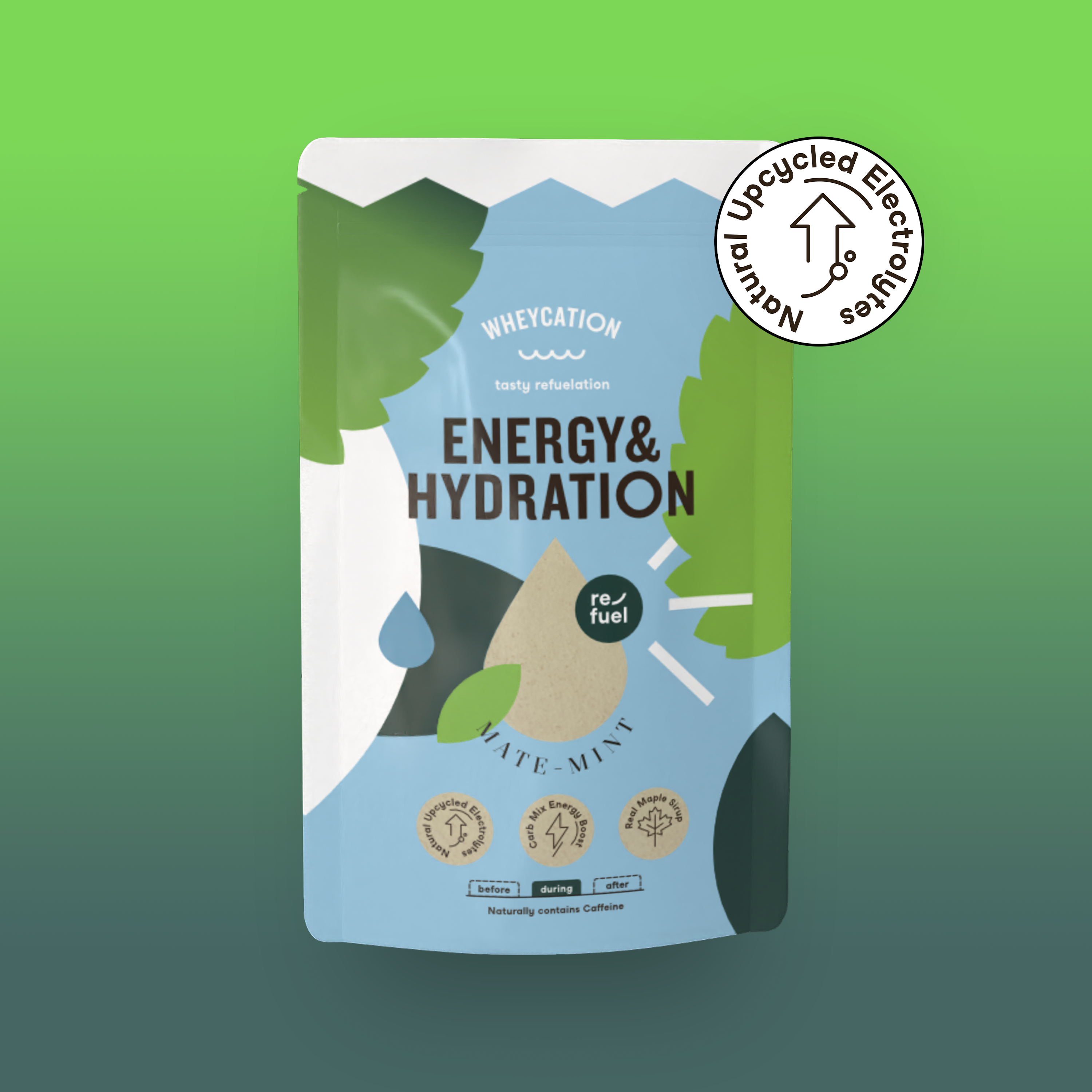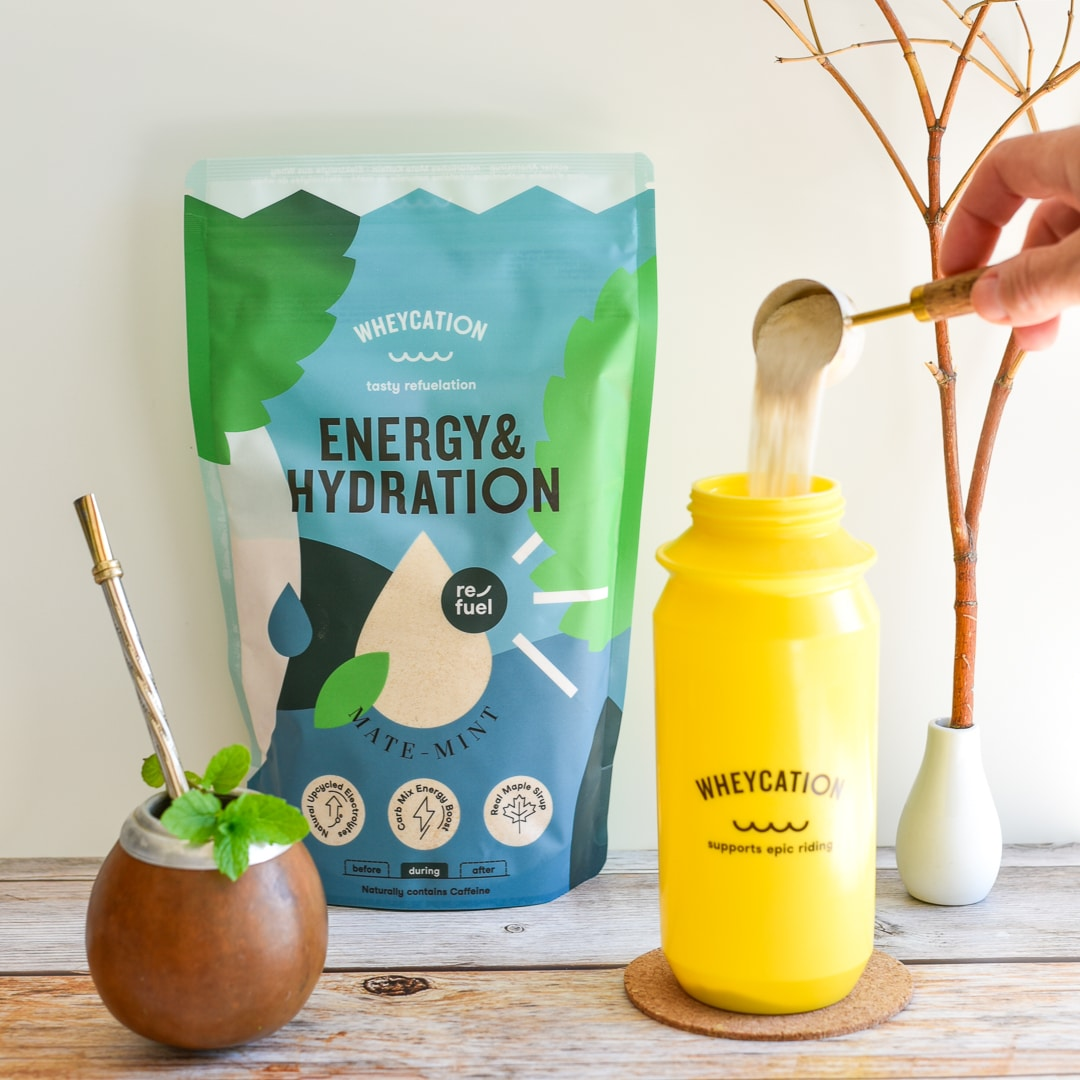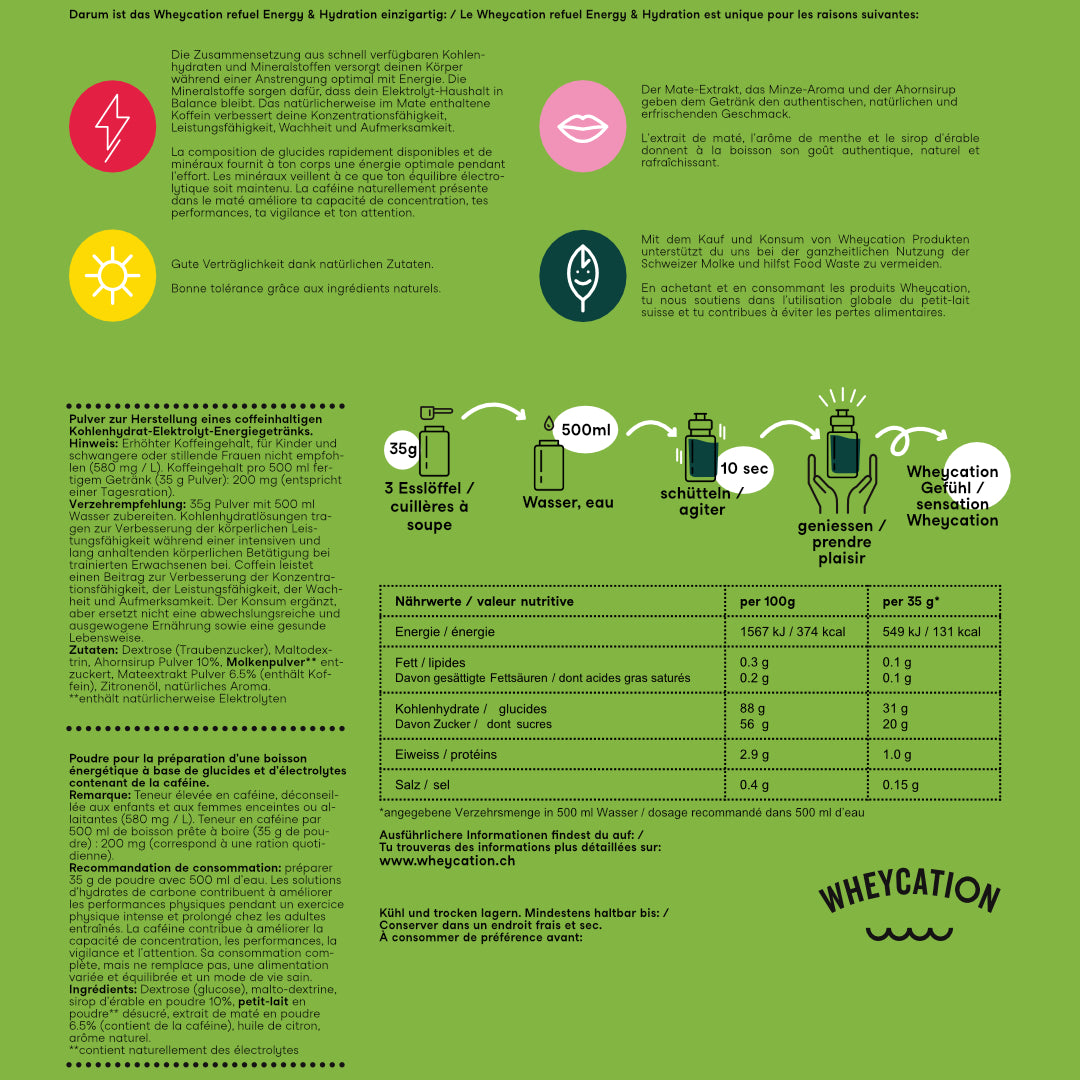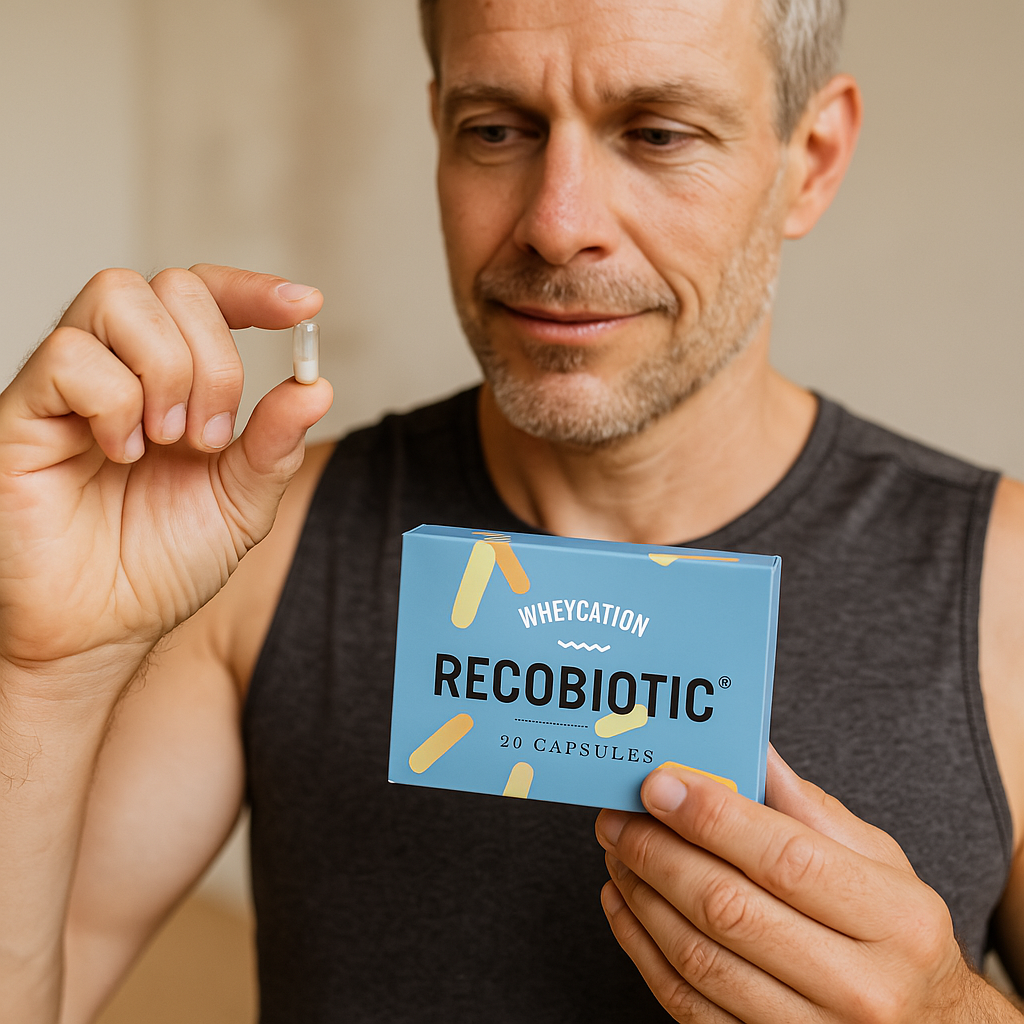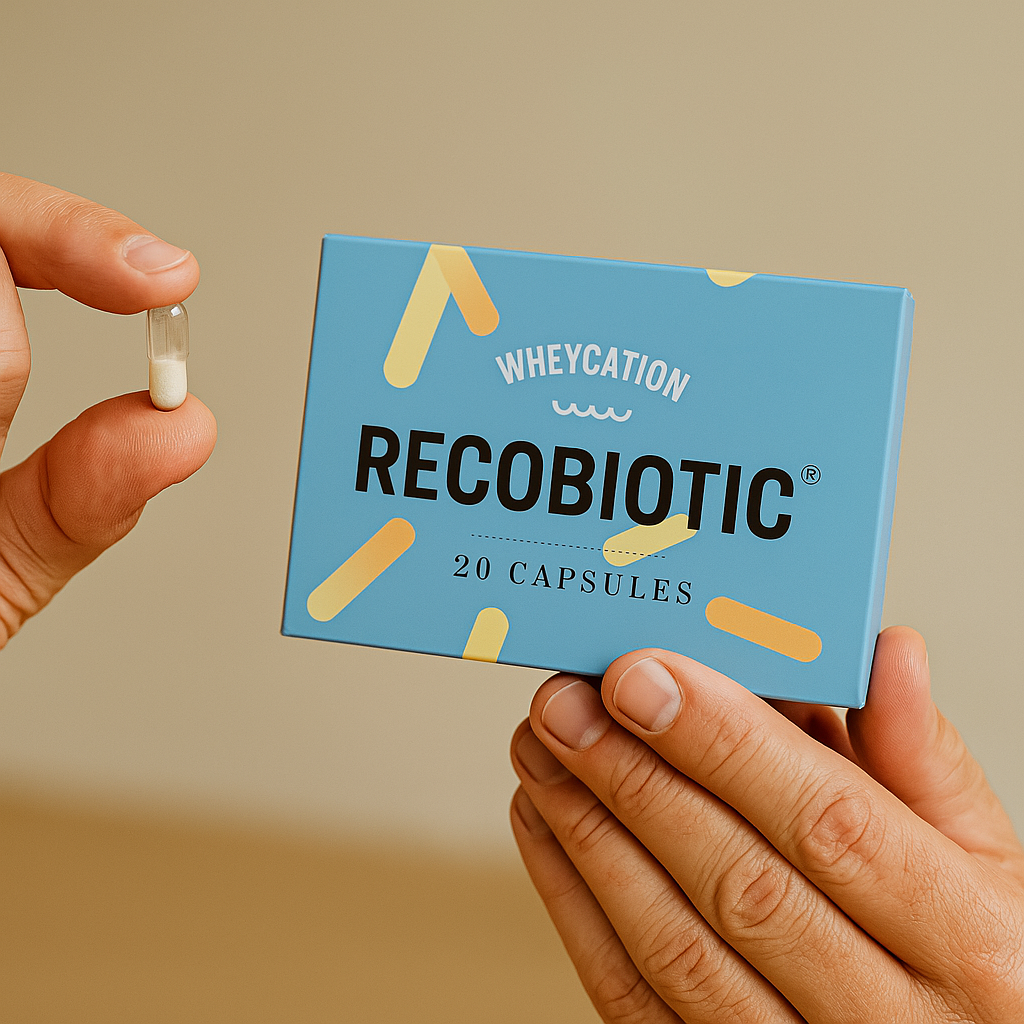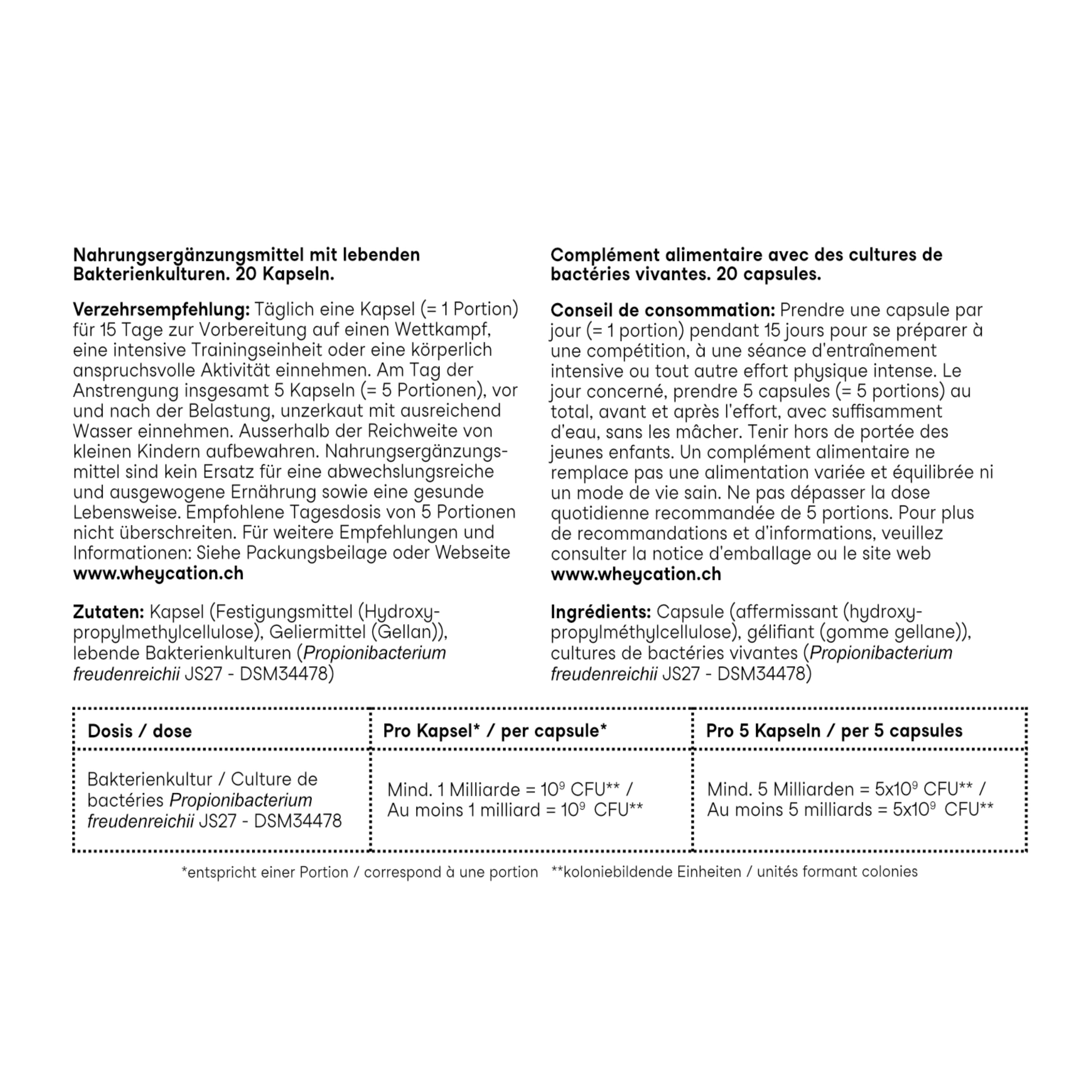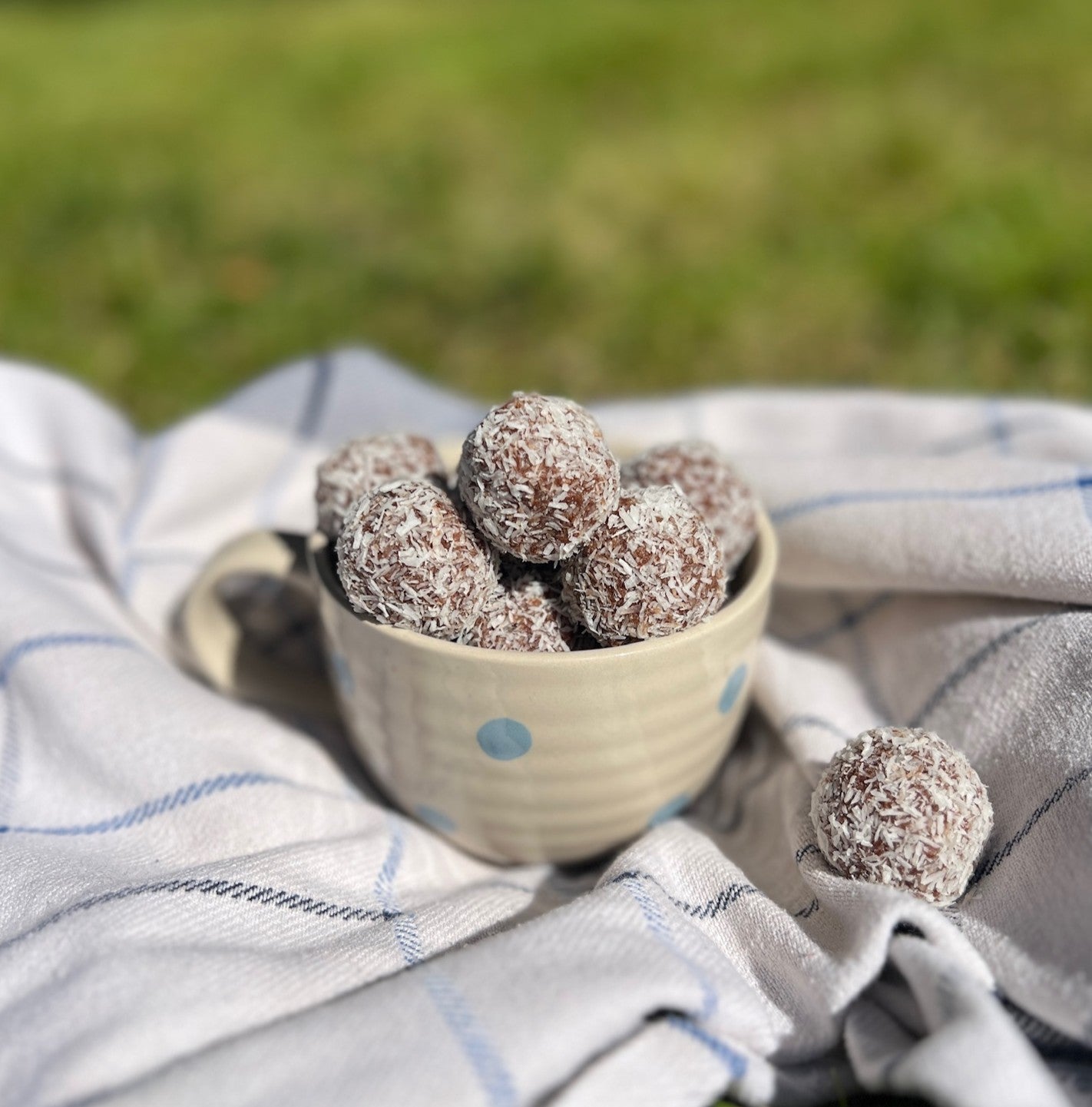Sleep is the best way for the body to recover. During NREM sleep, heart rate, breathing rate, and blood pressure decrease. In REM sleep, however, the body is in a kind of waking state. Brain activity is then increased, which also makes the body more active. Muscles are usually exempt from activity during this sleep phase, which prevents dreamers from acting out their dreams. The amount of sleep we need to feel rested the following day varies greatly. A survey of our ambassadors showed that they find seven to ten hours of sleep leads to optimal recovery.
Power nap
According to sleep researchers, a power nap increases concentration, performance, and reaction time. However, the nap should not last longer than 20 to 30 minutes, because otherwise the body enters a deeper sleep phase, which may temporarily increase performance but then quickly decline again.
After a strenuous training session, aerial skier Carol Bouvard often feels tired and finds it difficult to keep her eyes open. In such a situation, she lies down for 20 minutes and then treats herself to a coffee. This short break allows her body to recover sufficiently so she's fit for the rest of the day. Triathlete Nicole Lütolf and mountain biker Rebekka Estermann also treat themselves to a power nap of around 30 minutes between workouts during two-phase training sessions (two workouts per day) to ensure they're as refreshed as possible for the second half of the day.
Sleeping between competitions
If you can't sleep in your usual environment due to several consecutive days of competition, a training camp, stage races or high-altitude tours and you also have a lot on your plate, restful and sufficient sleep becomes a challenge.
Carol doesn't put too much emphasis on the sleep deficit at times like these, because if she's had enough sleep the night before, she can recover sufficiently even with a little less sleep. Gran Fondo cyclist Jan Steiner uses the same strategy. He rarely sleeps well before races, and his rhythm is already disrupted by the early starts. Therefore, he makes sure he's had a good, sufficient sleep the night before. Alpinist Gabriel Jungo, too, was only able to get a little sleep during his 48×4000 project due to the accommodations (mattress dorms) and the very long ascents and descents, which can be compensated for with good preparation and a positive mindset. But because you need to sleep at some point even during intense days, Rebekka prepares for bed by doing something calming, such as reading, stretching, or enjoying the evening atmosphere. She tries to avoid artificial light sources to signal to her body to wind down.
Sleep is important for the body, and you should make sure you get enough of it throughout your day. However, how much sleep you need to feel refreshed the next day varies from person to person. Sleep is a bit like food intake – each person has to find out for themselves what leads to optimal sleep and how much is necessary for good rest.

